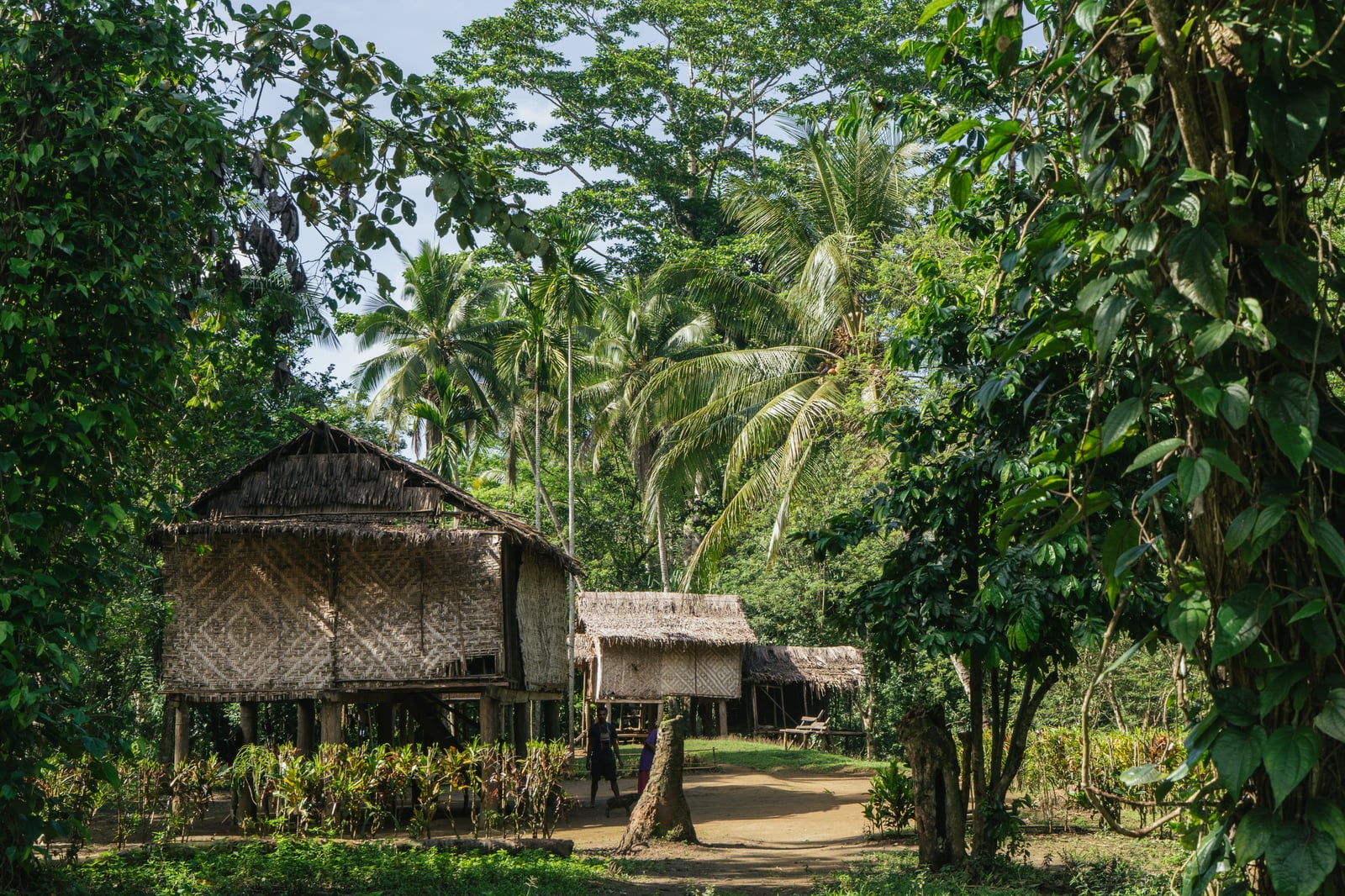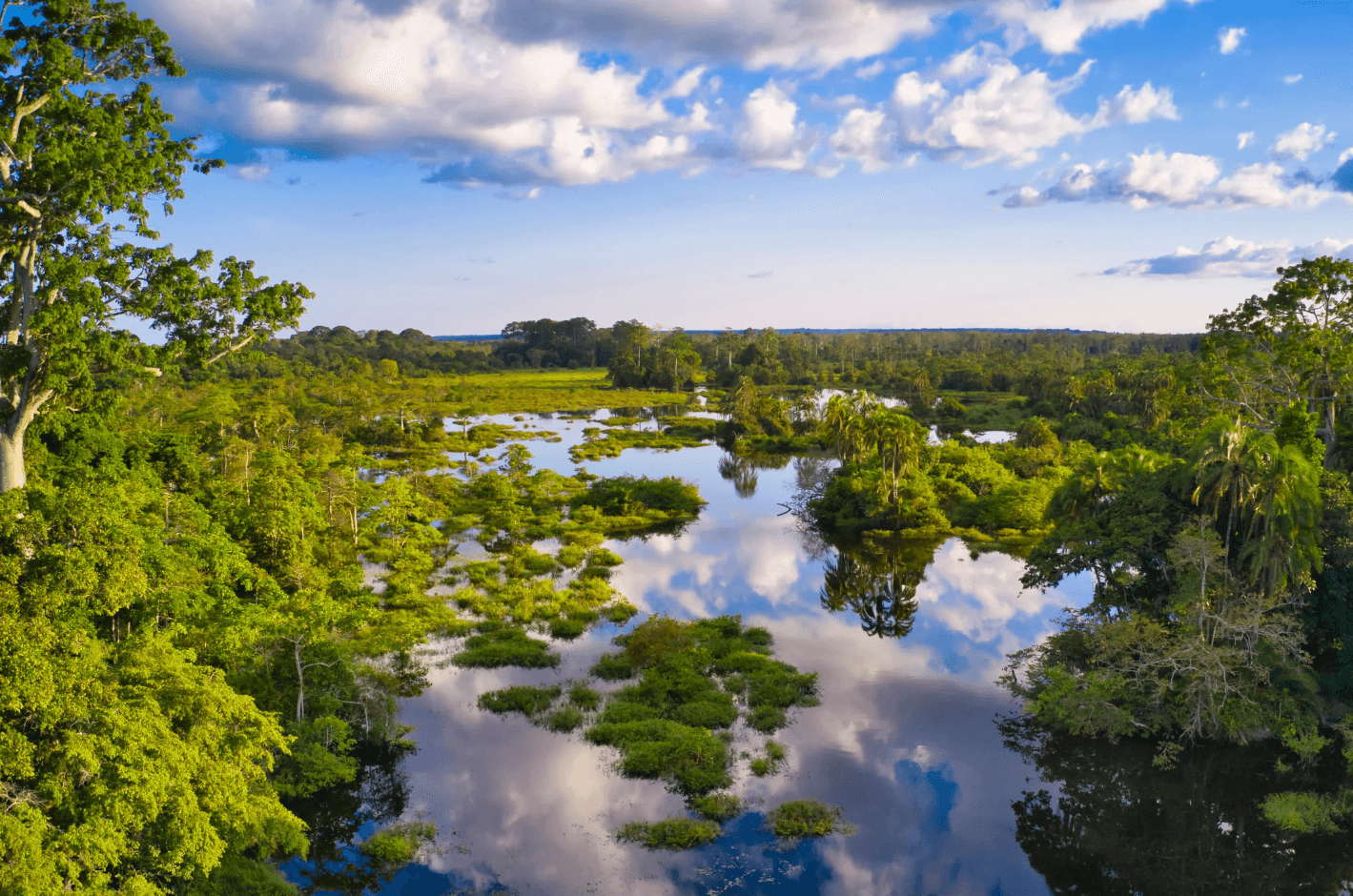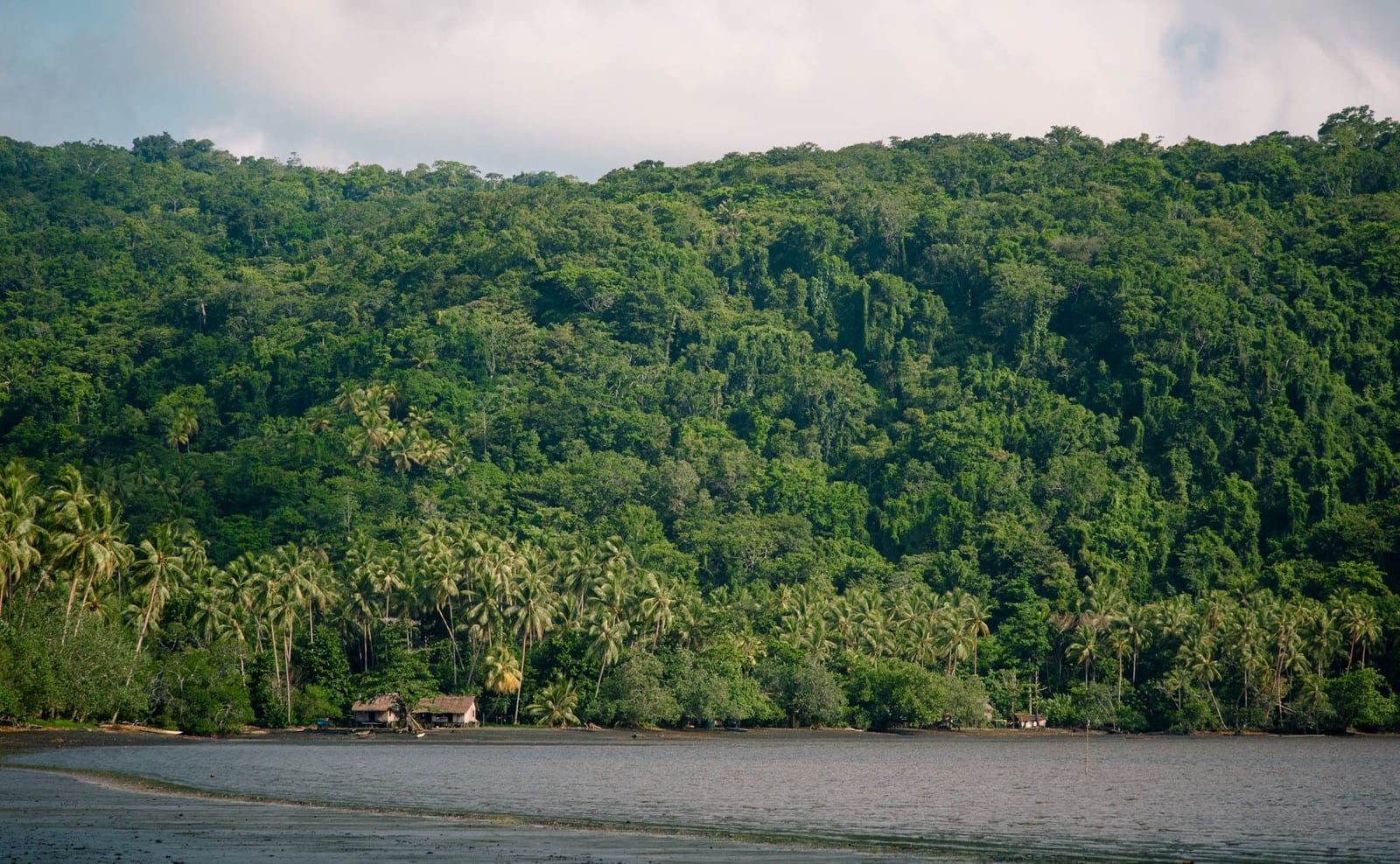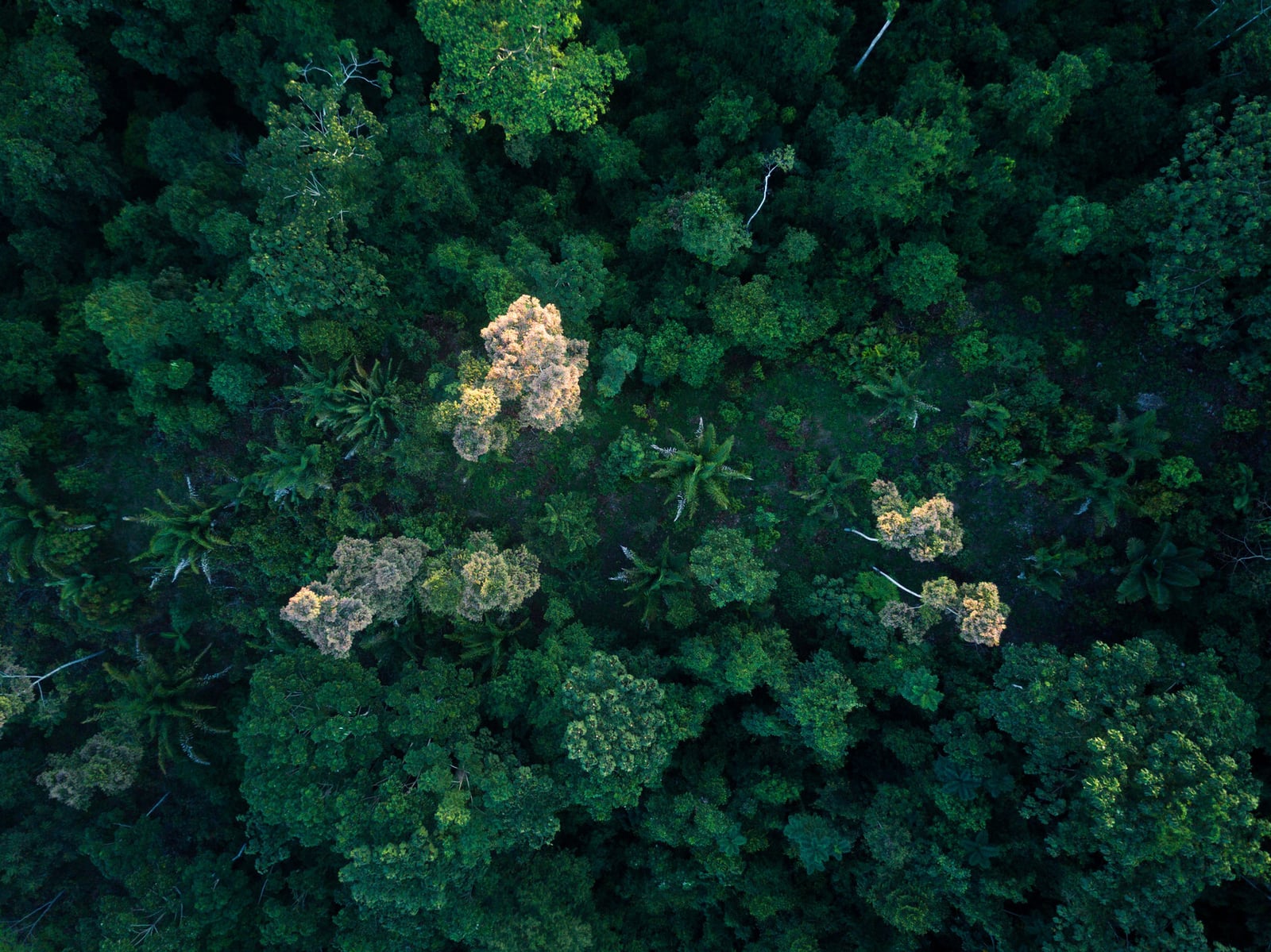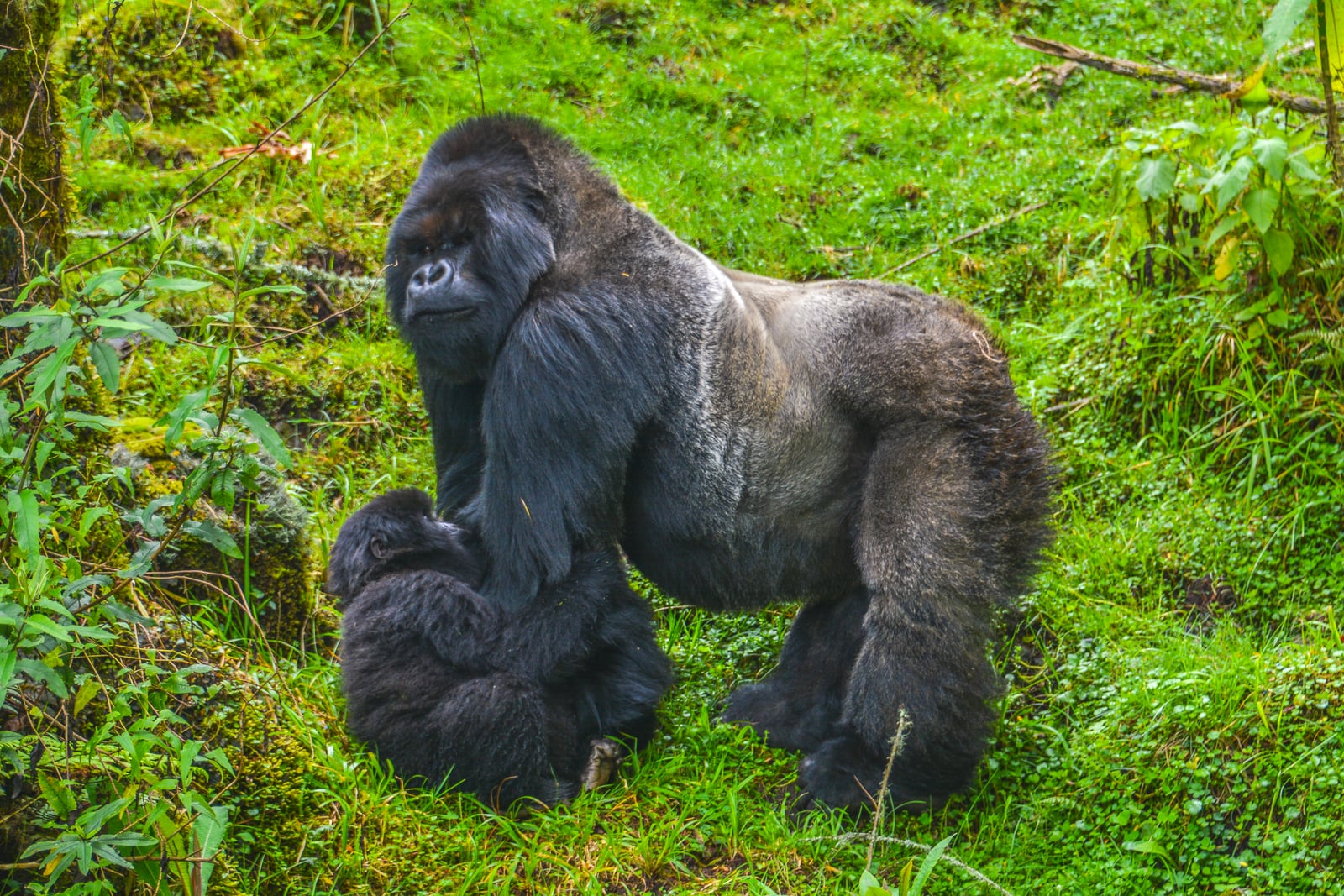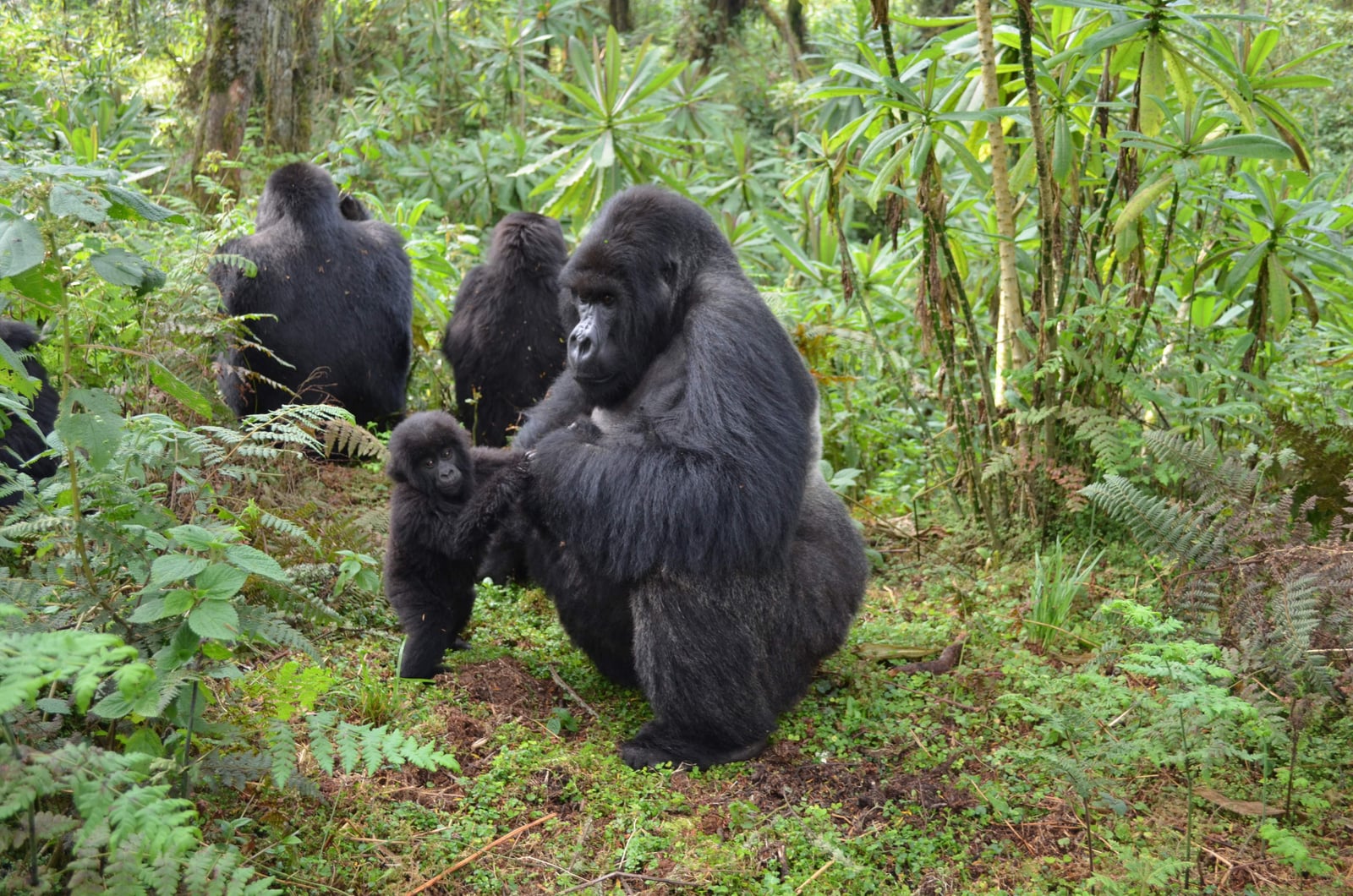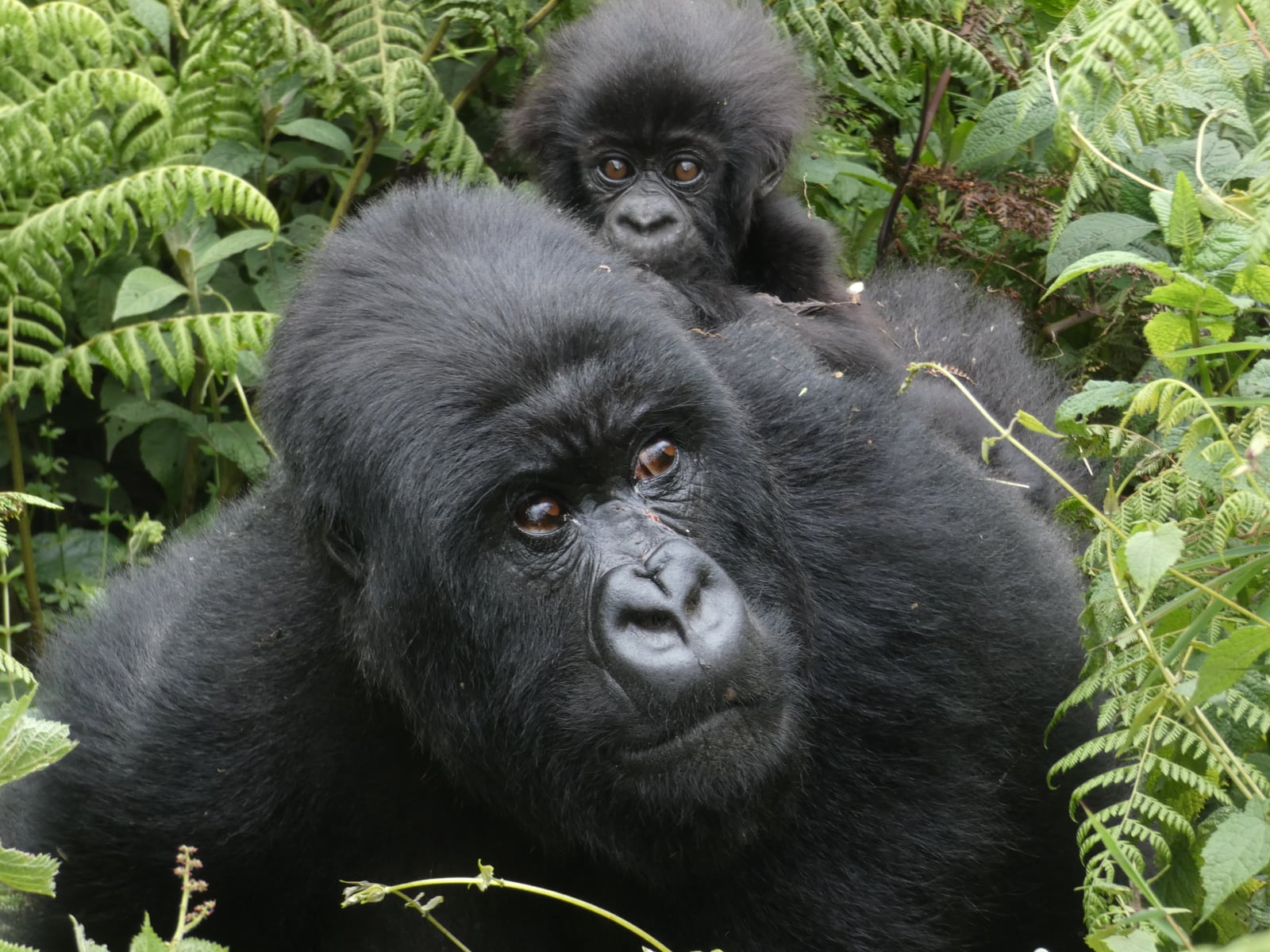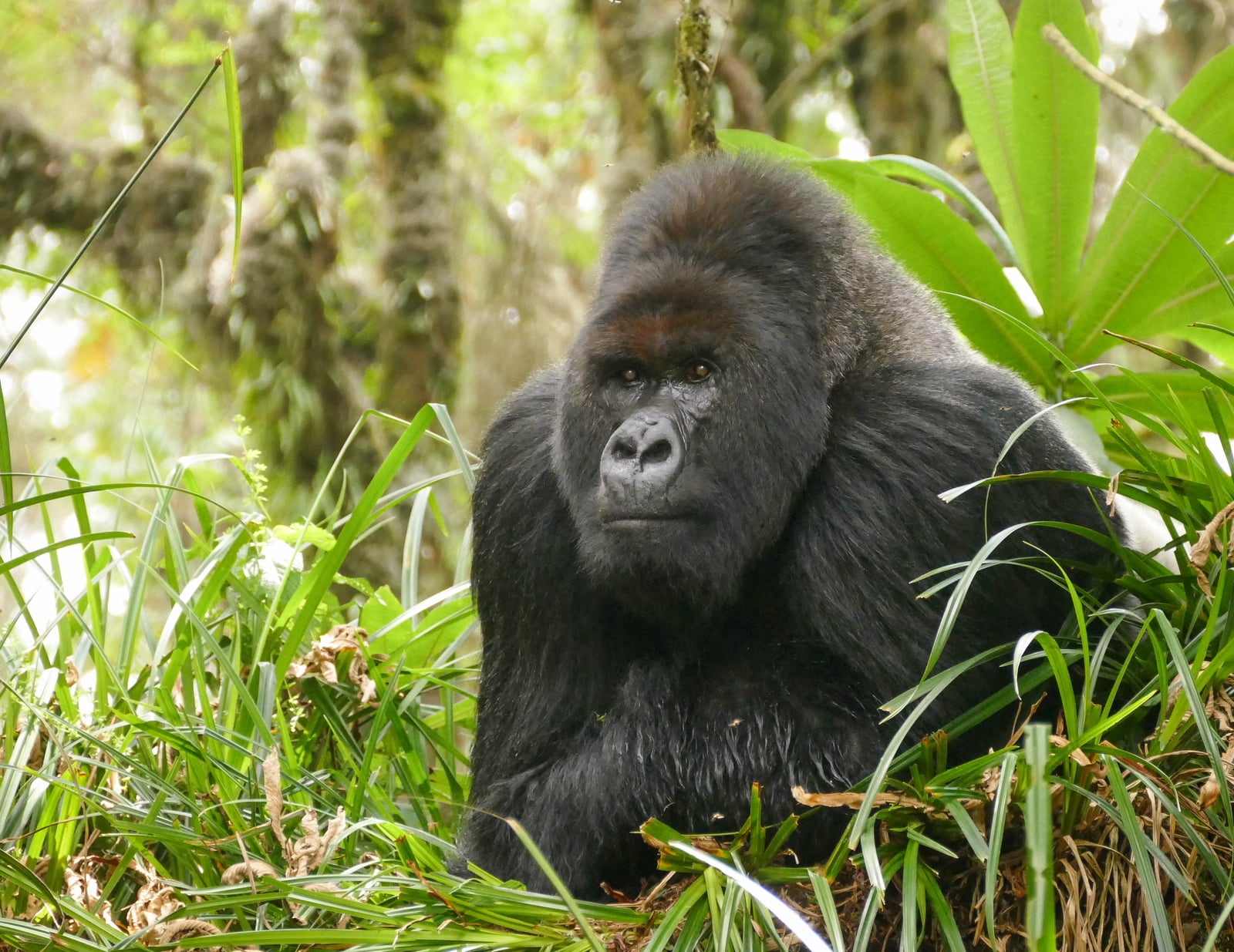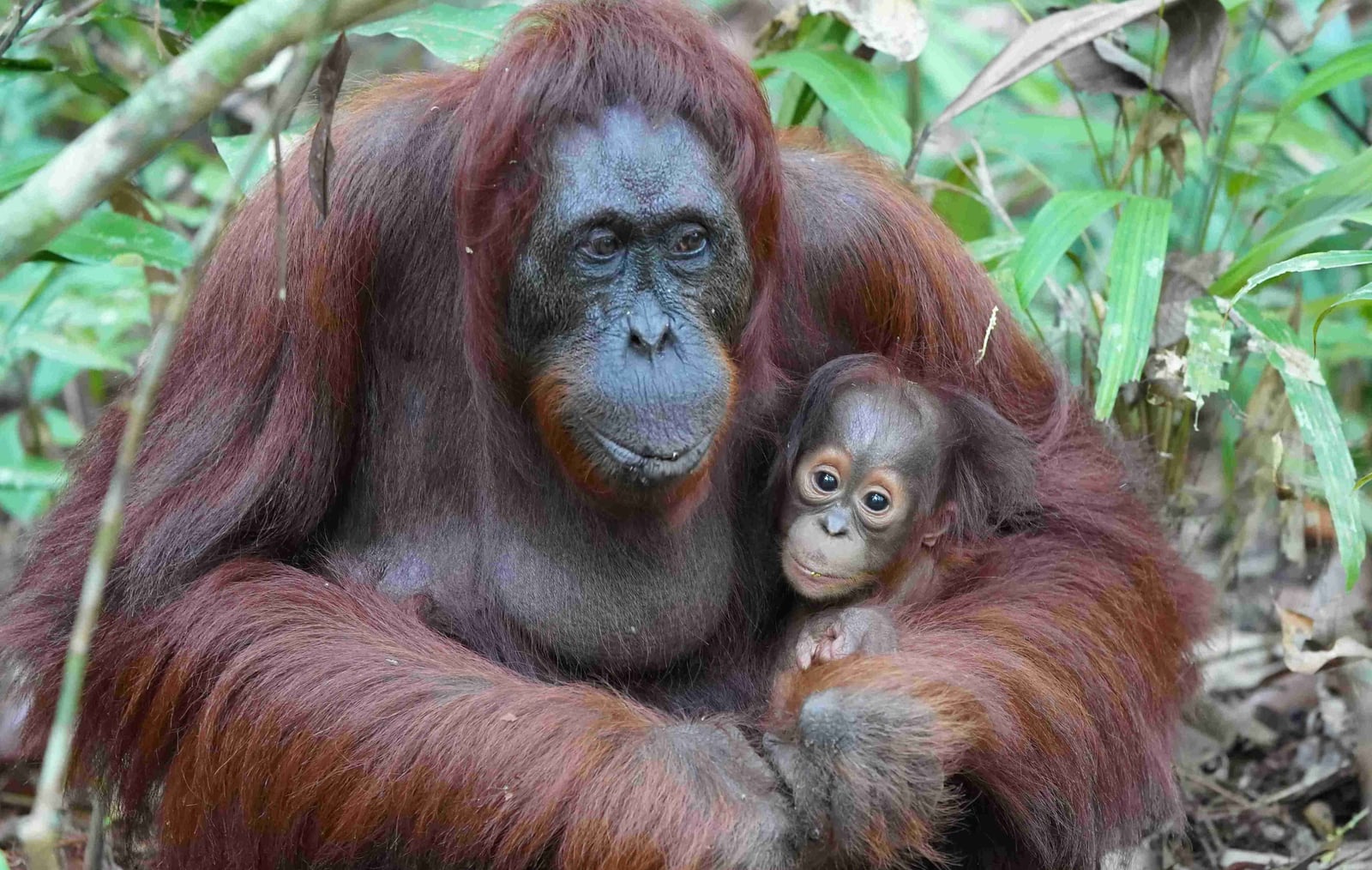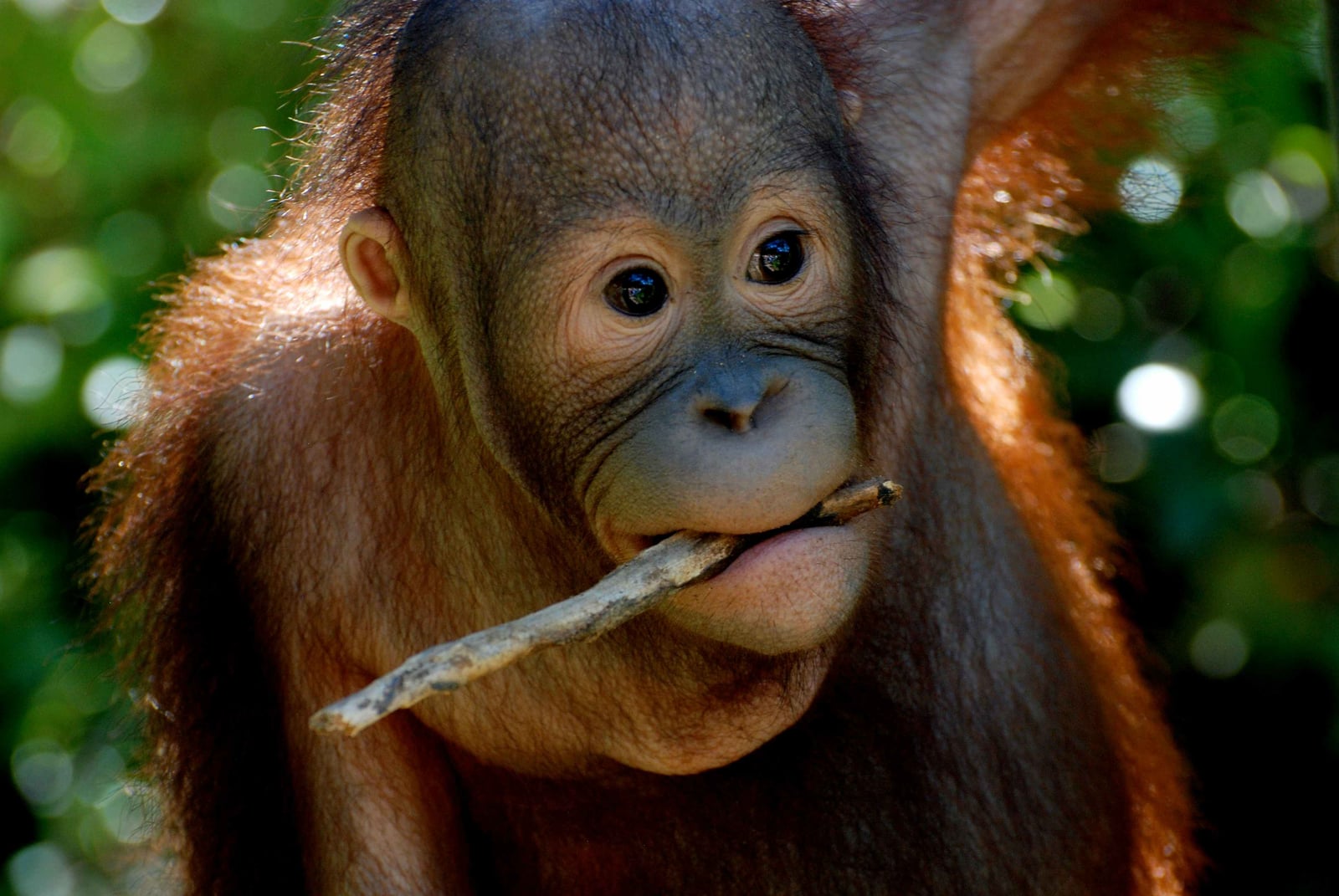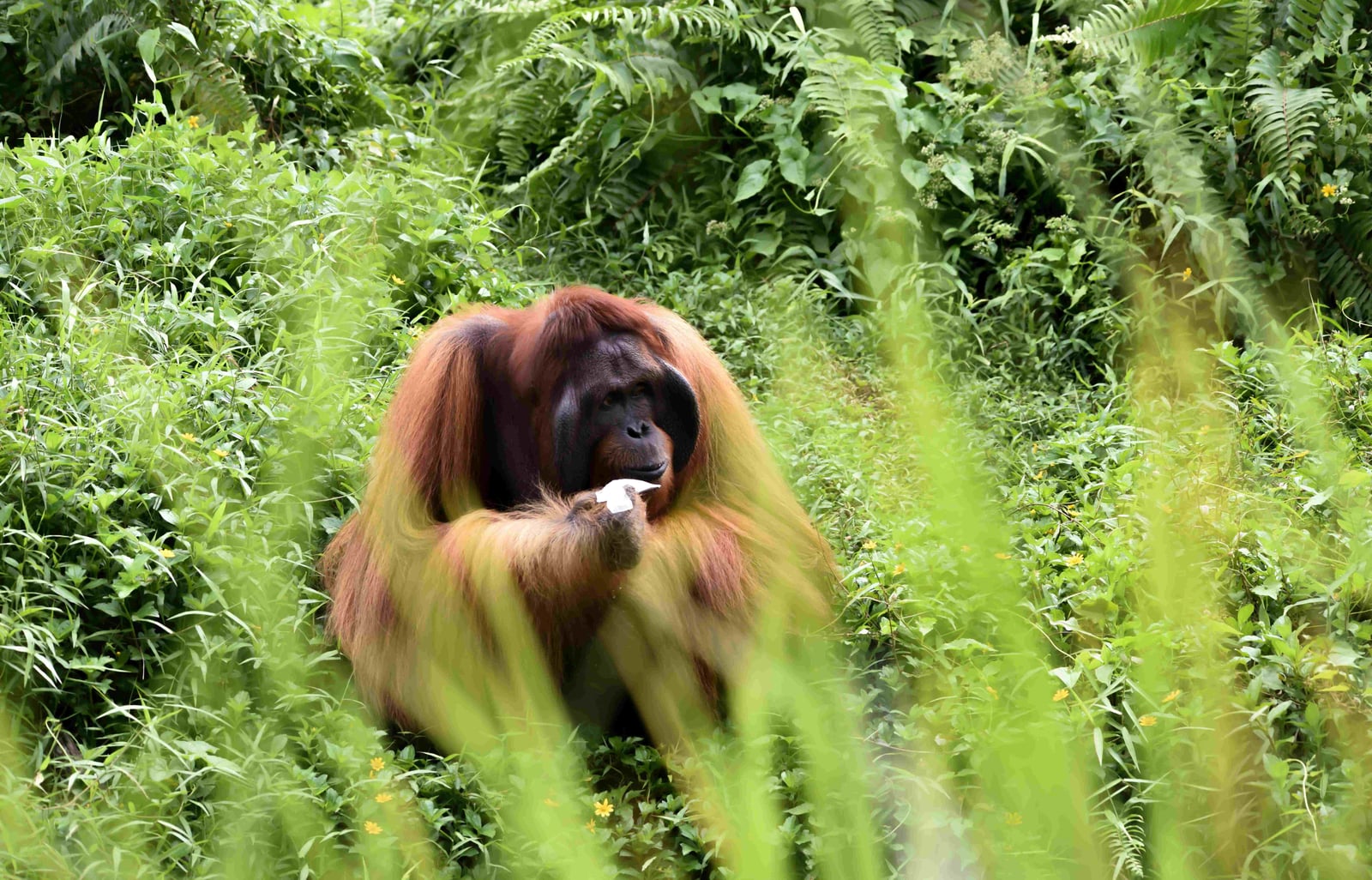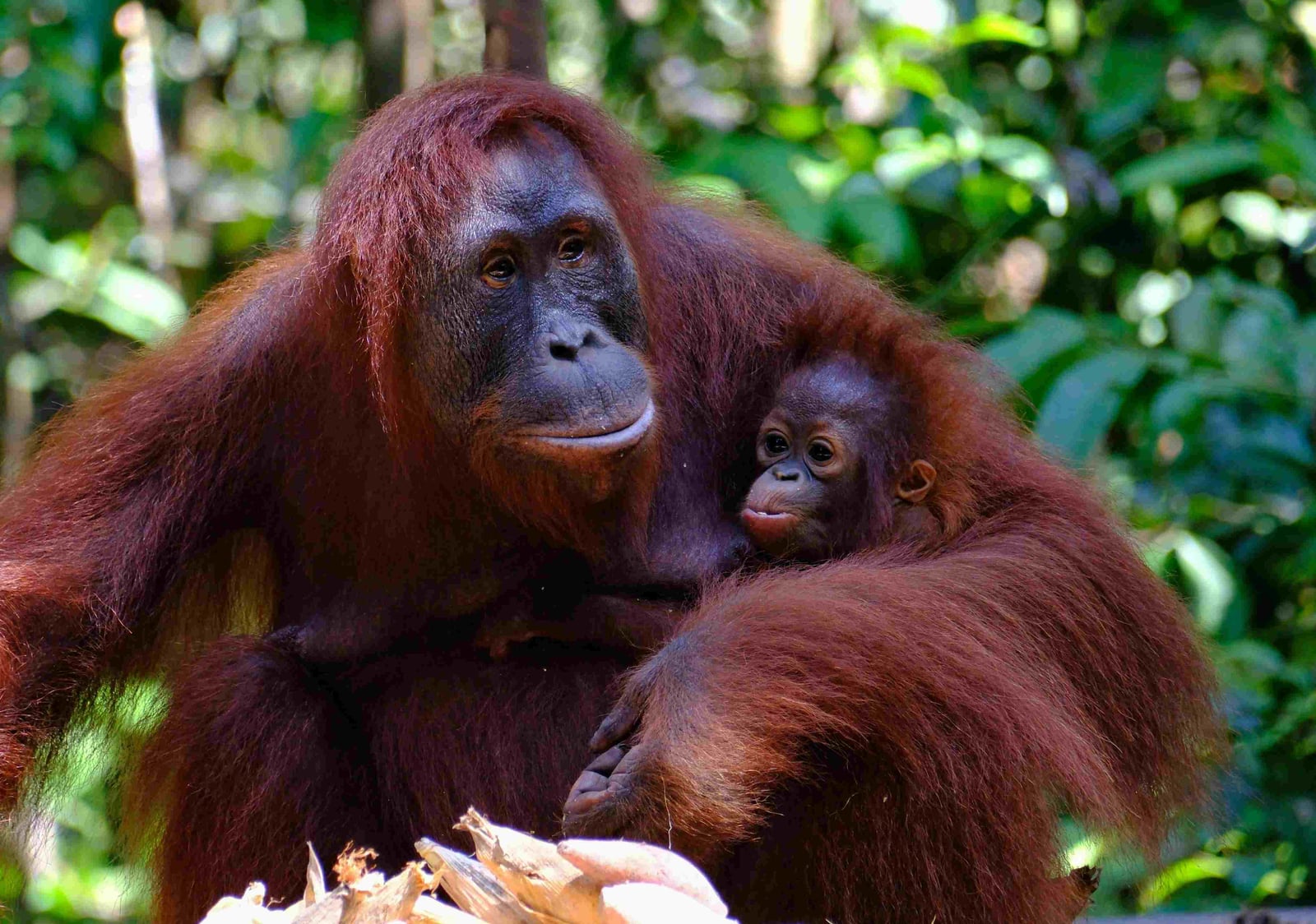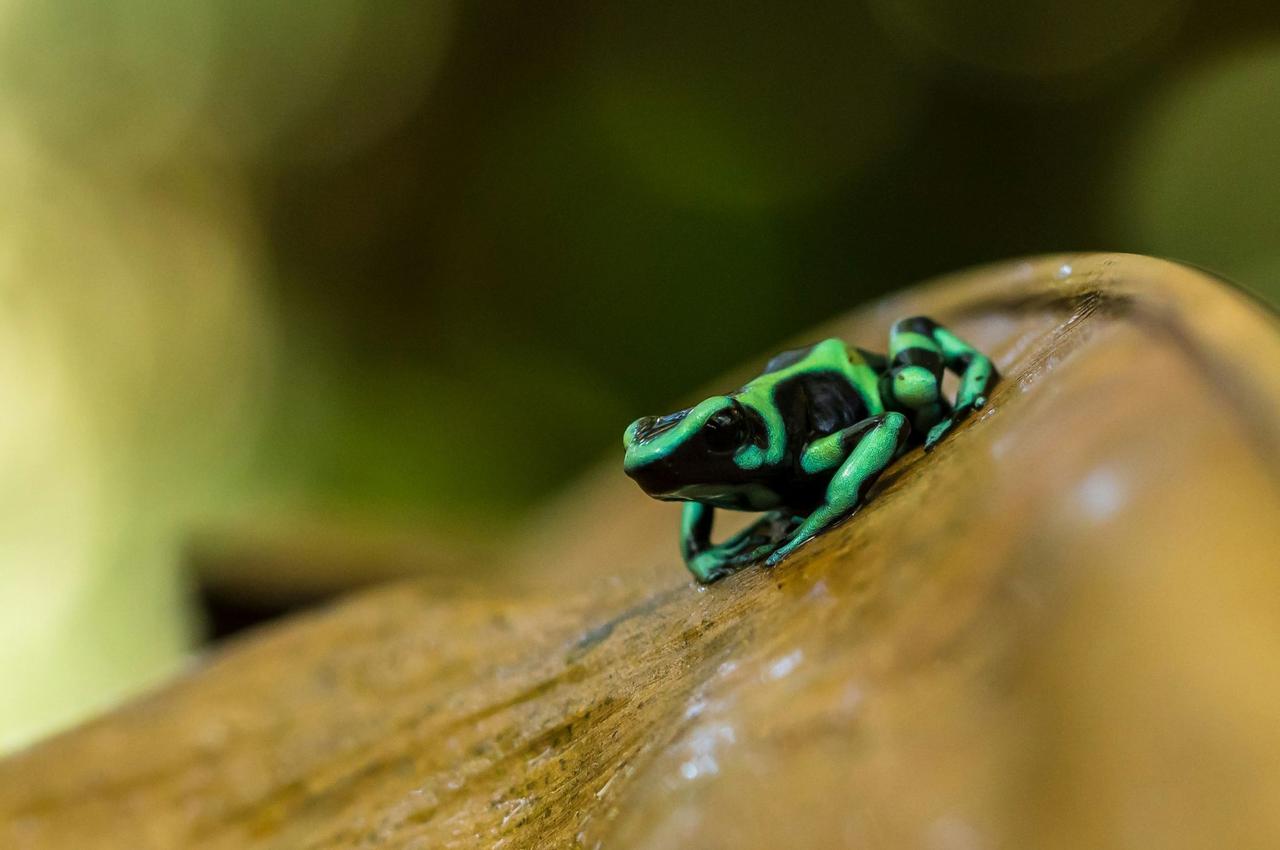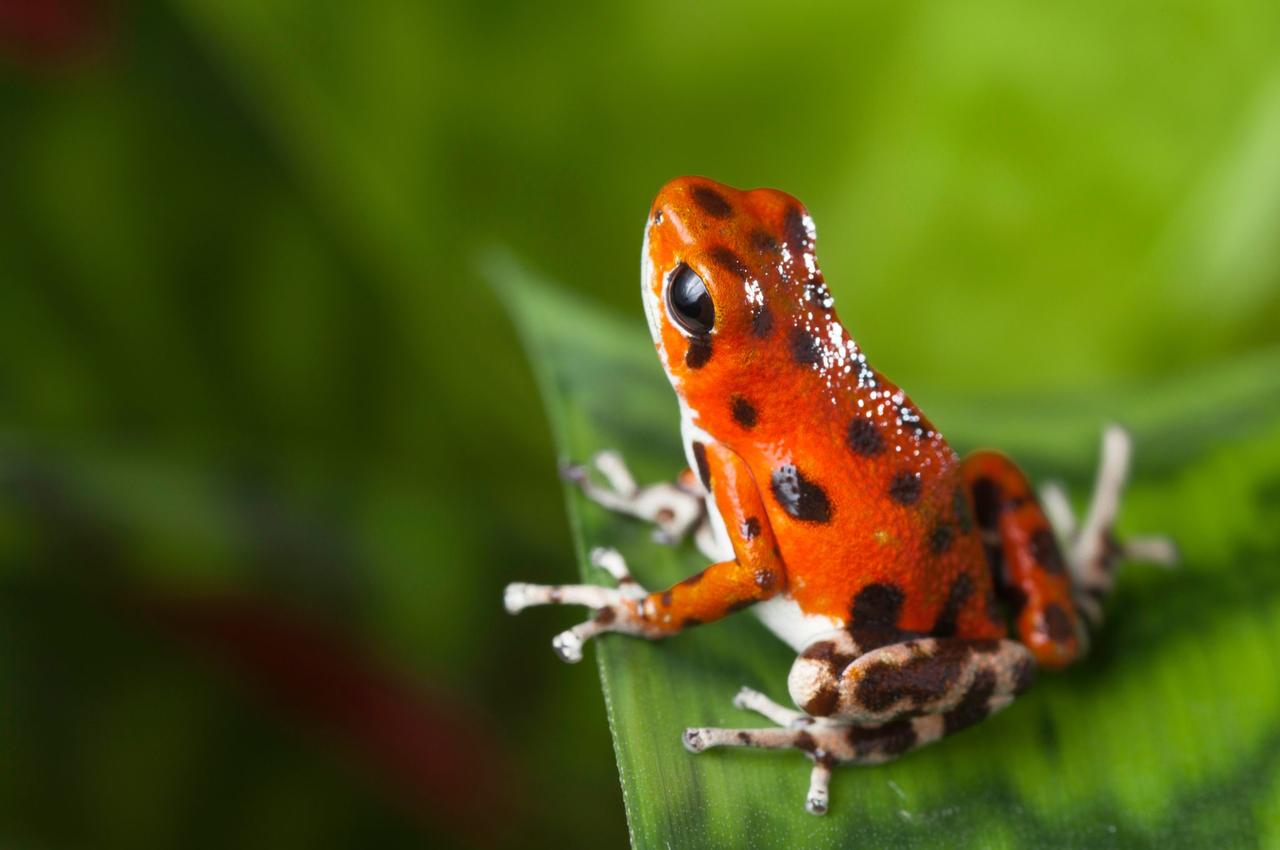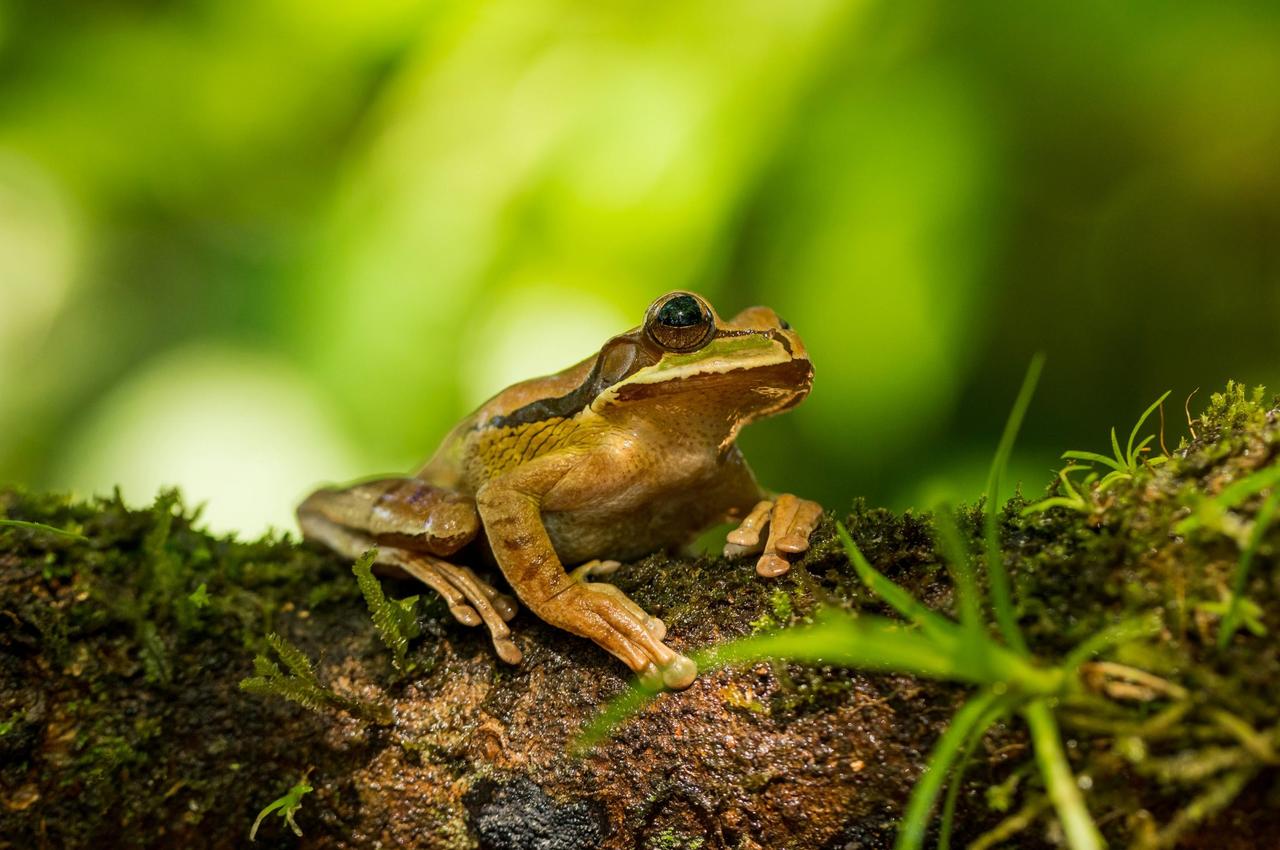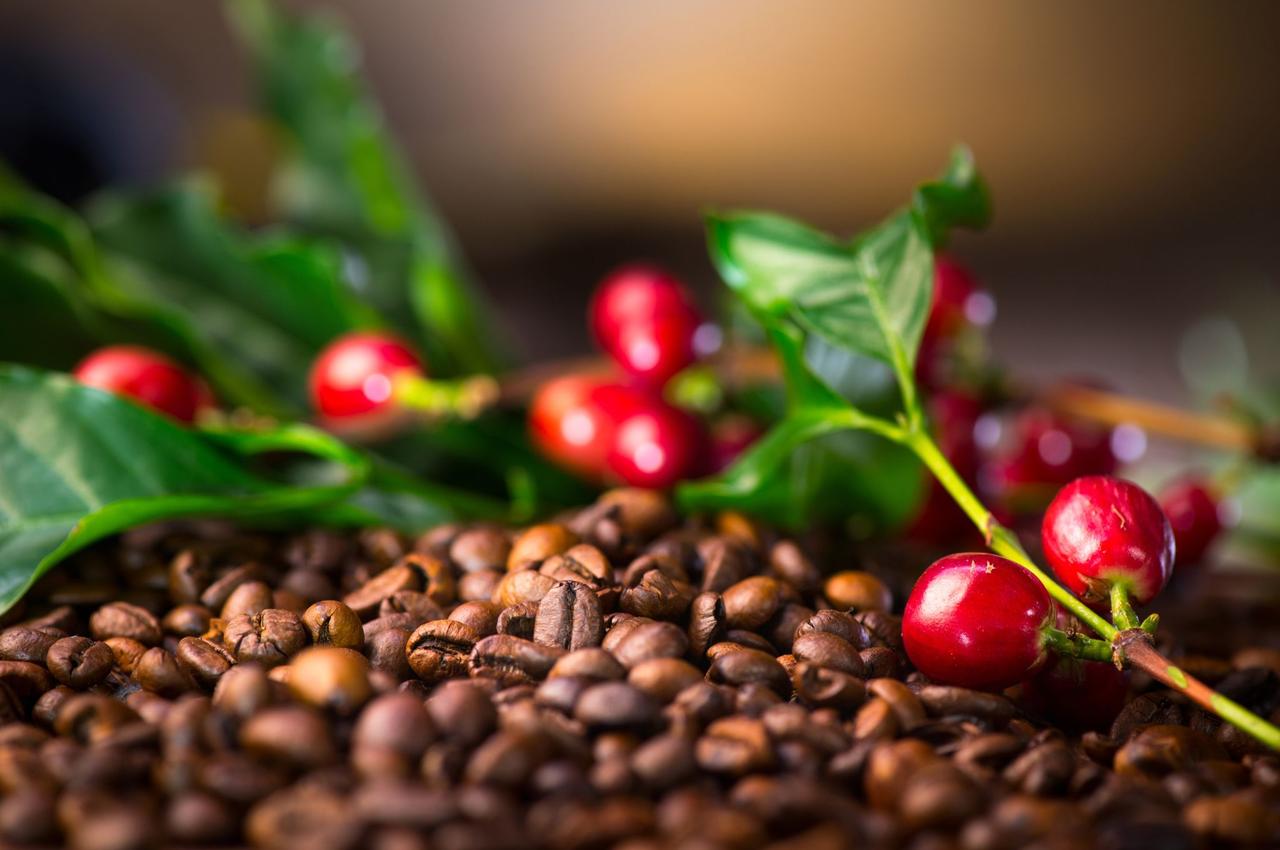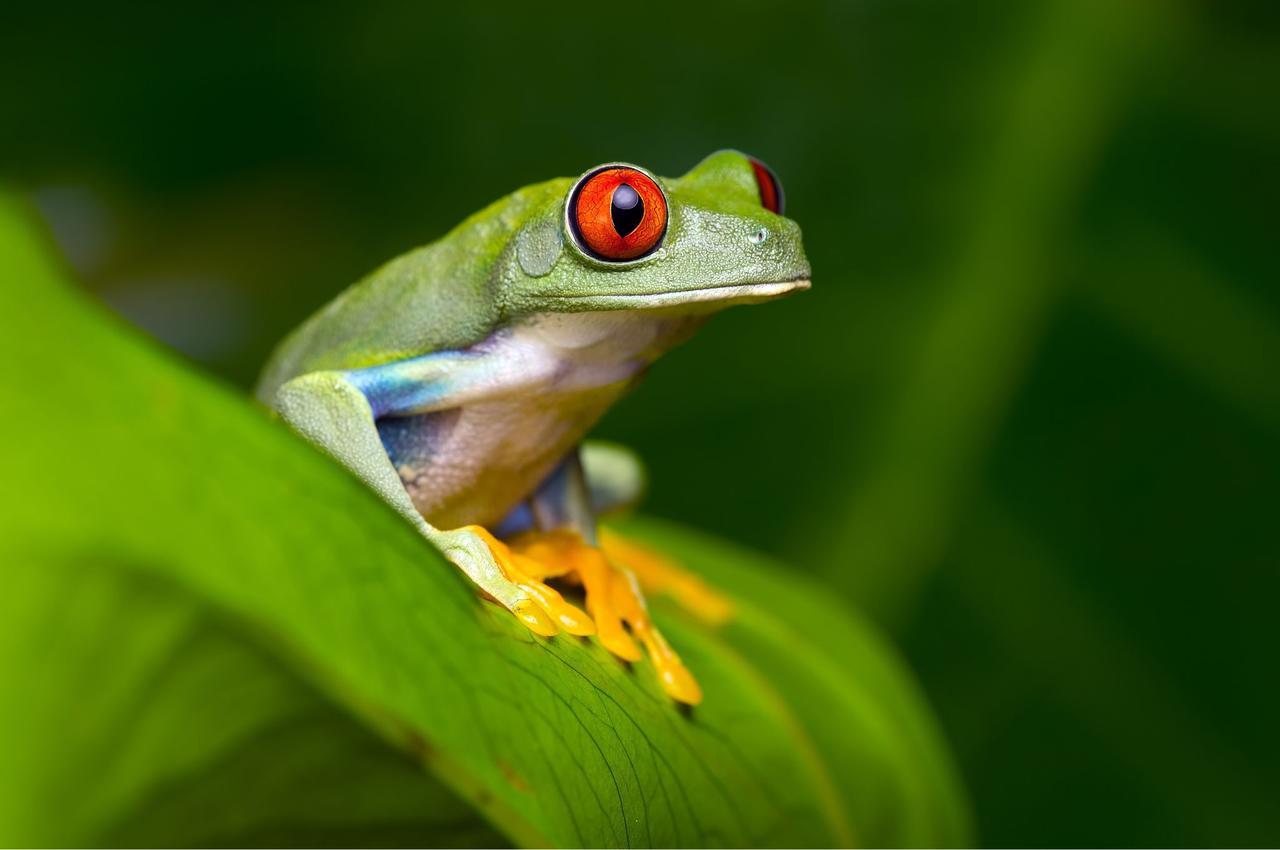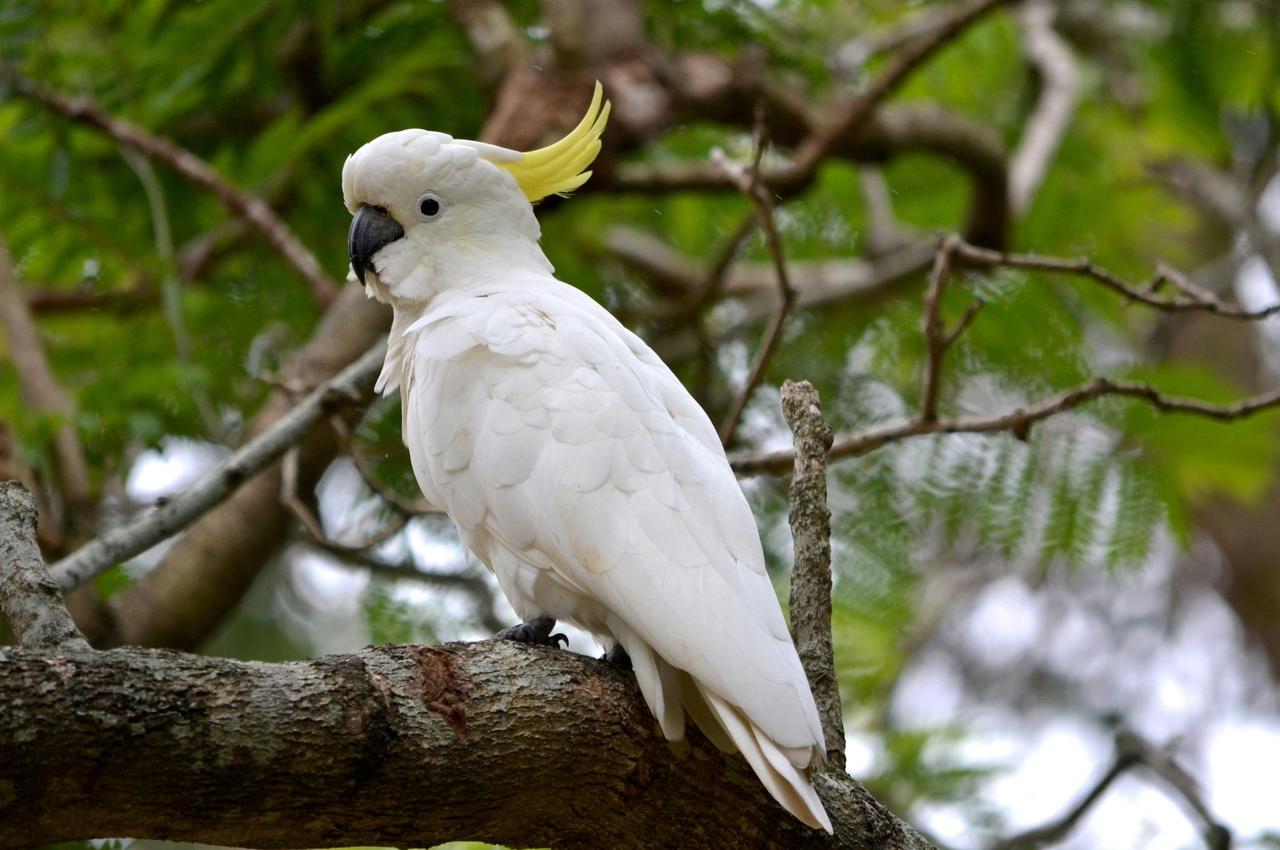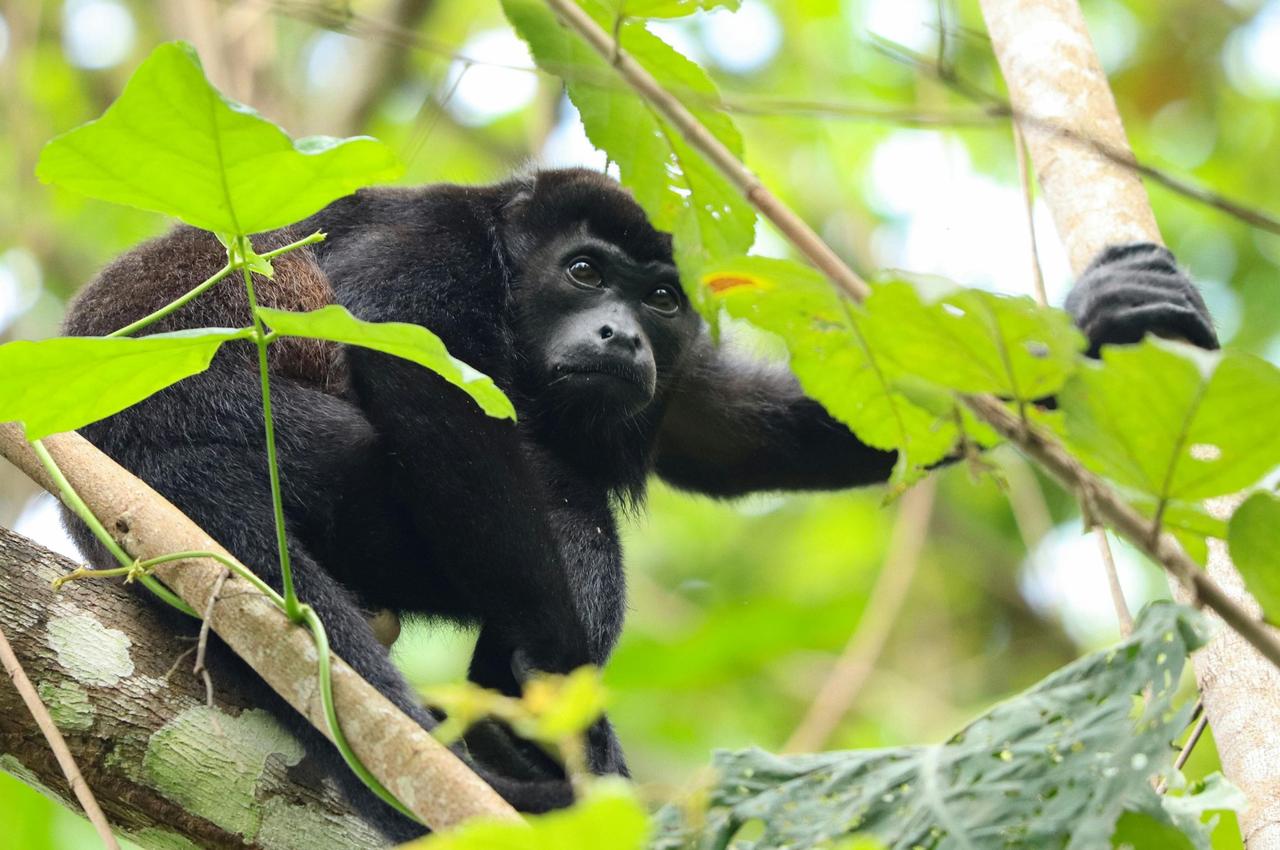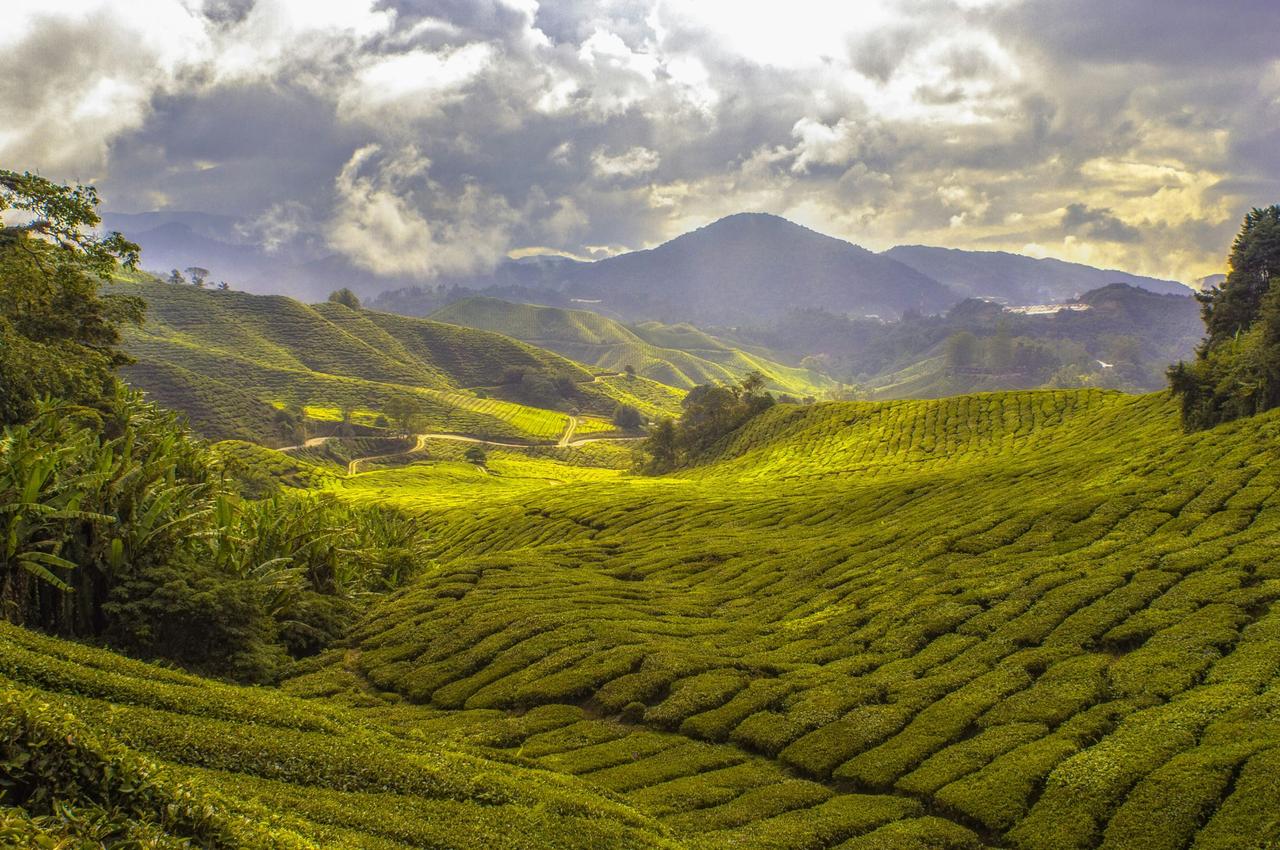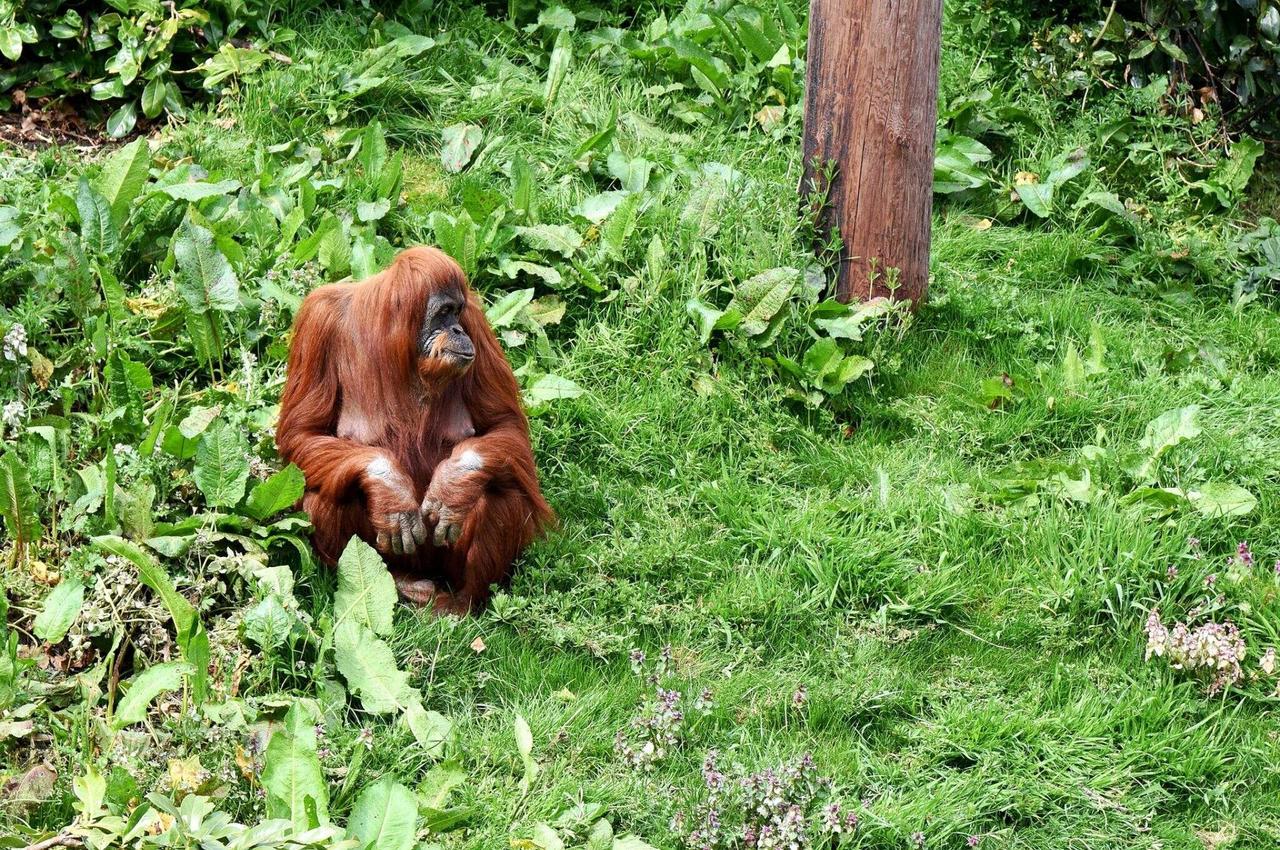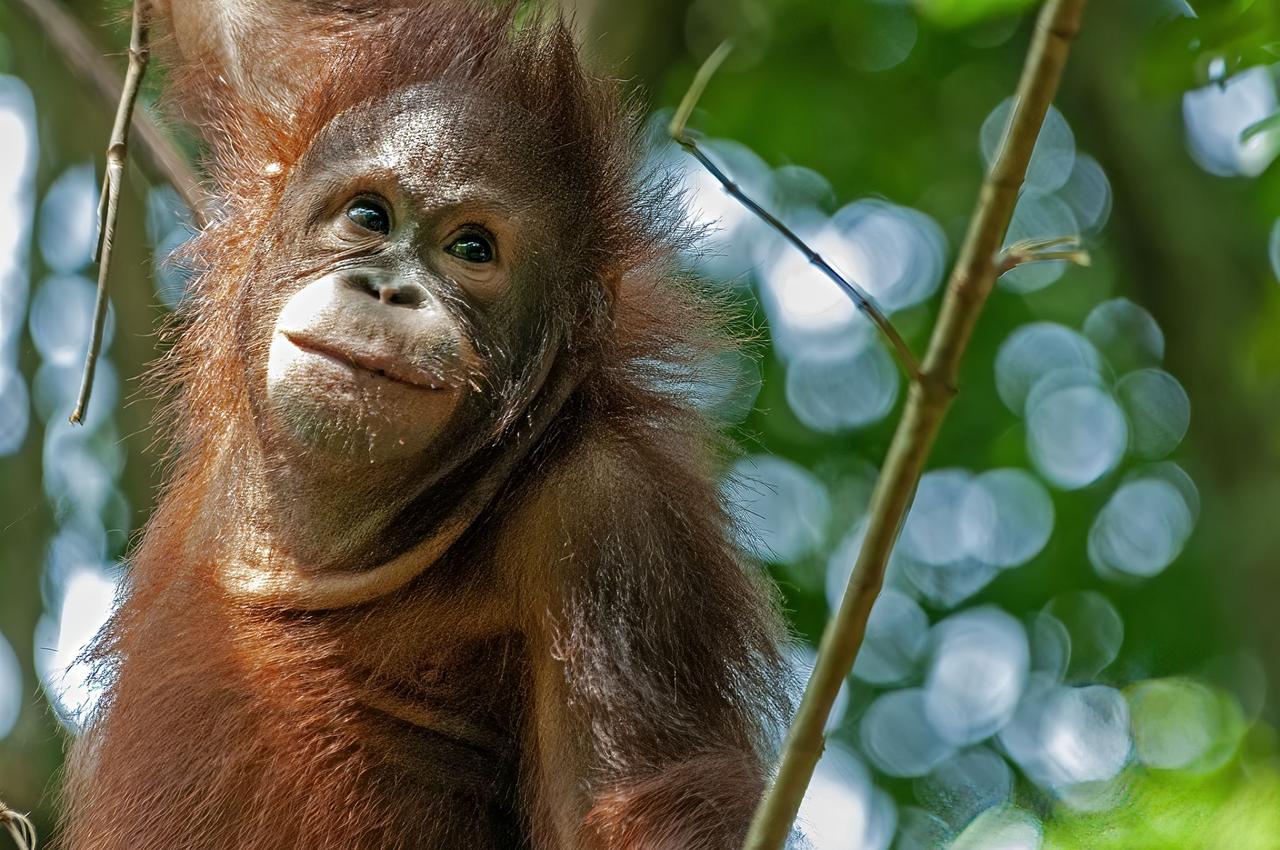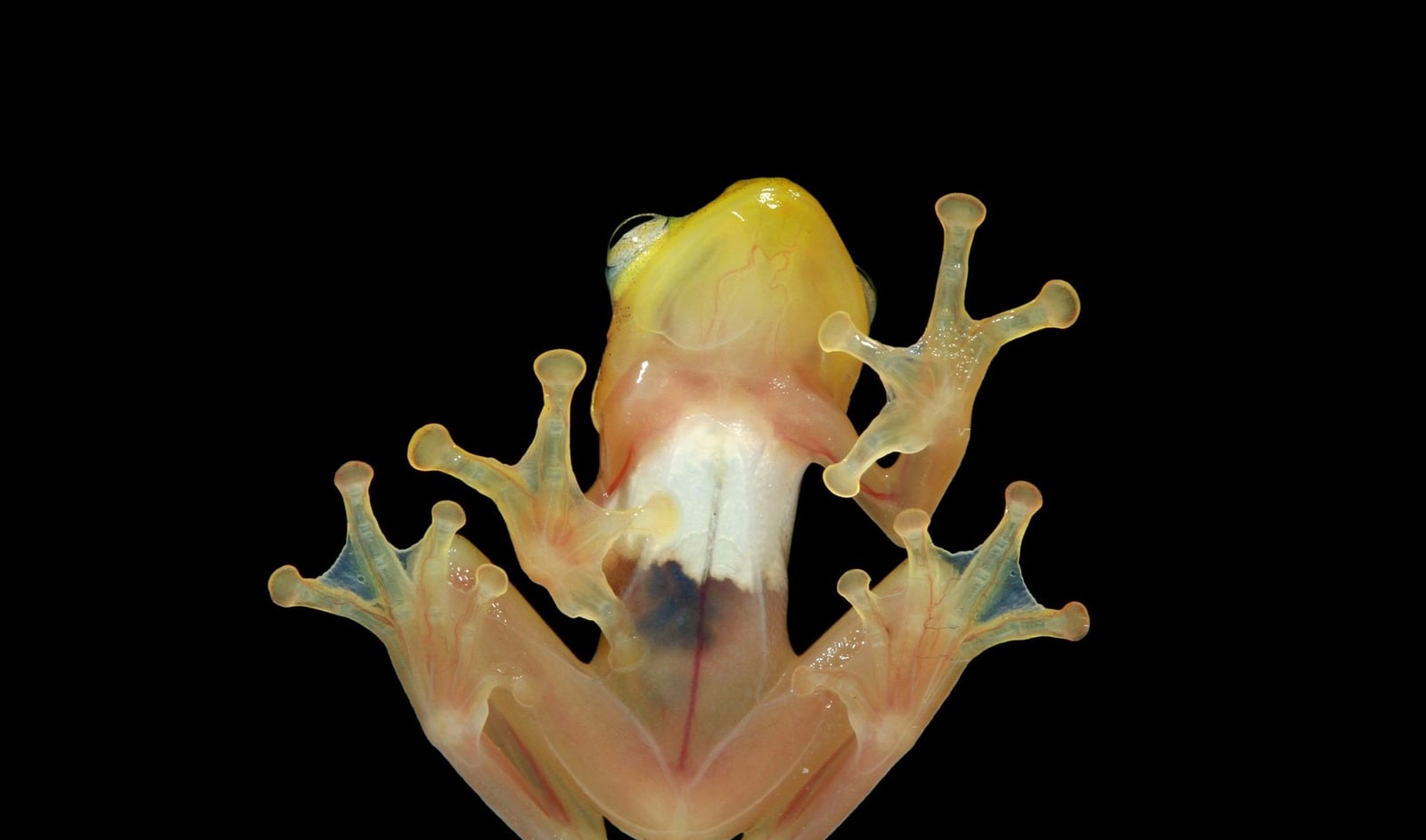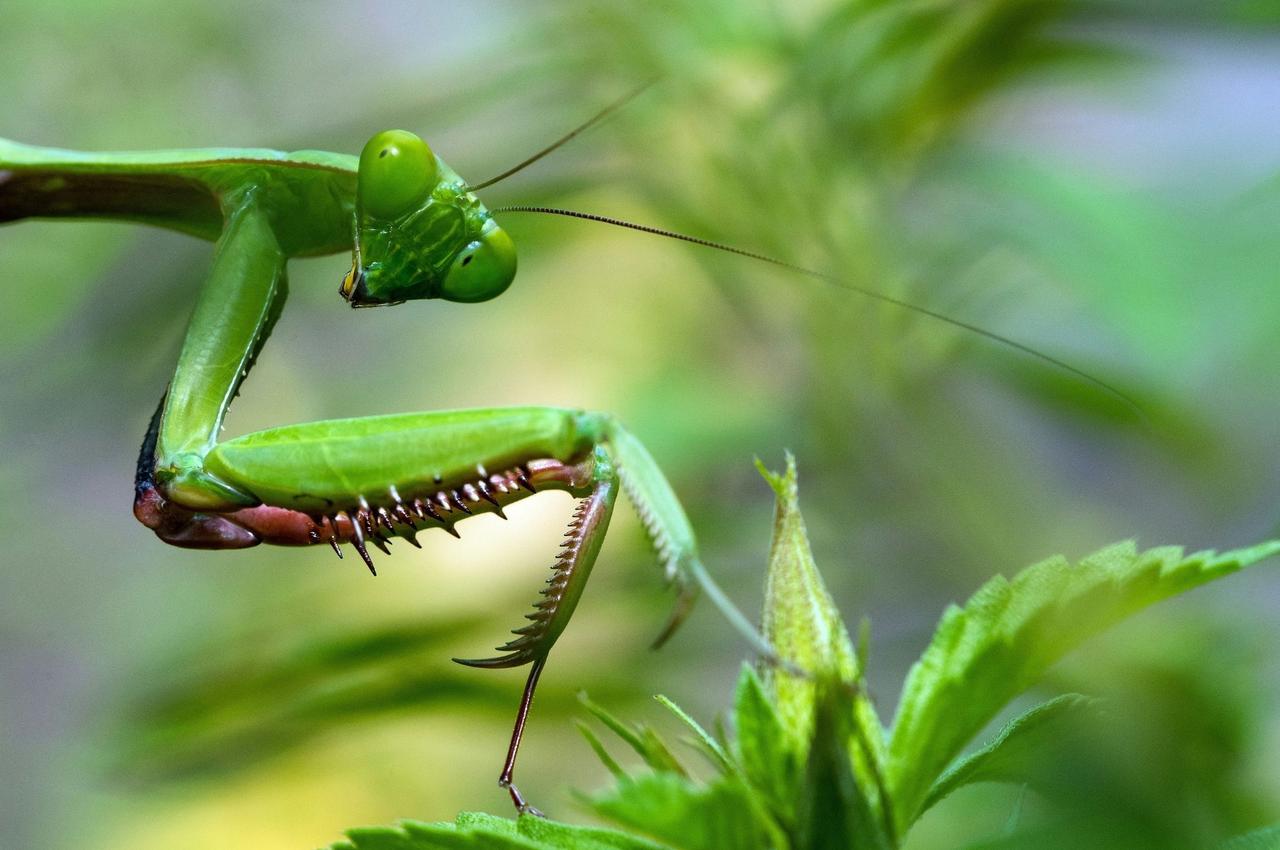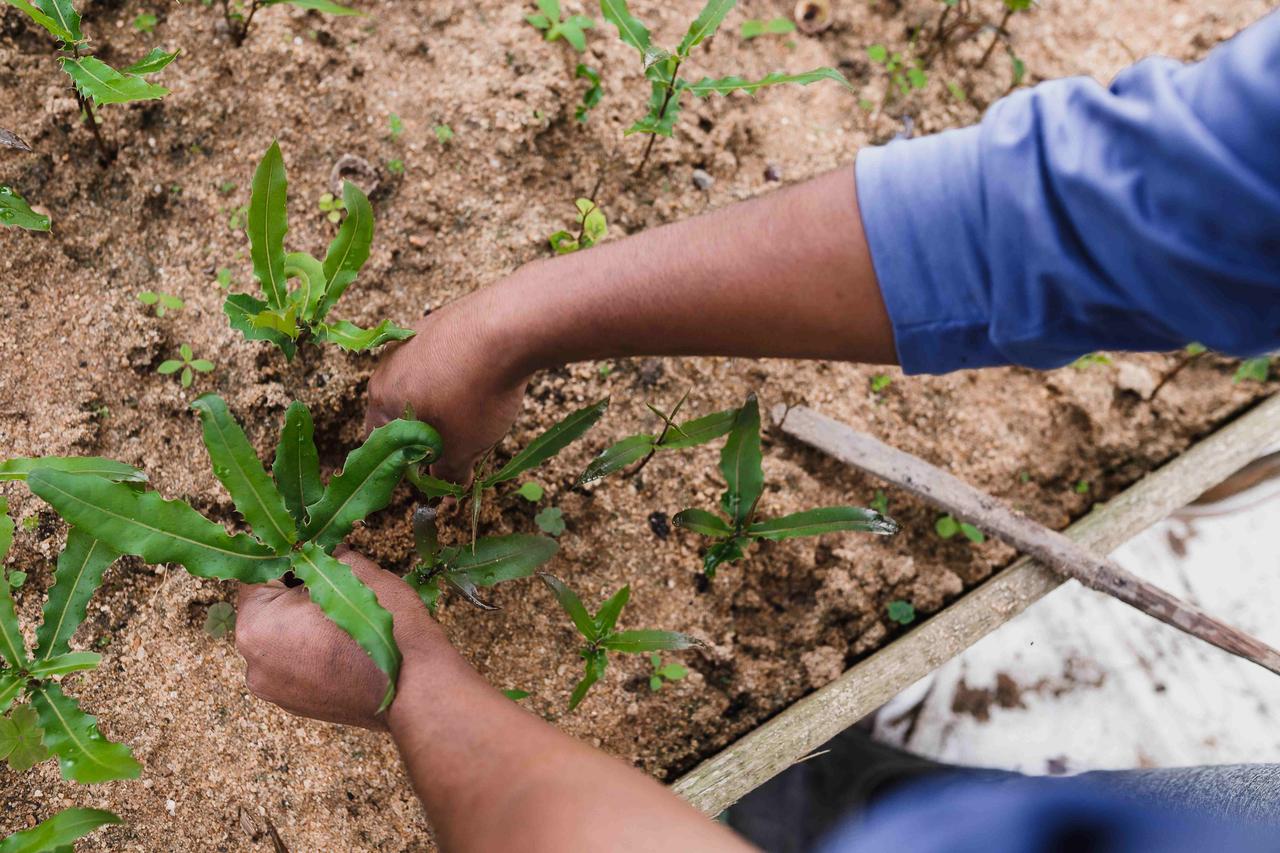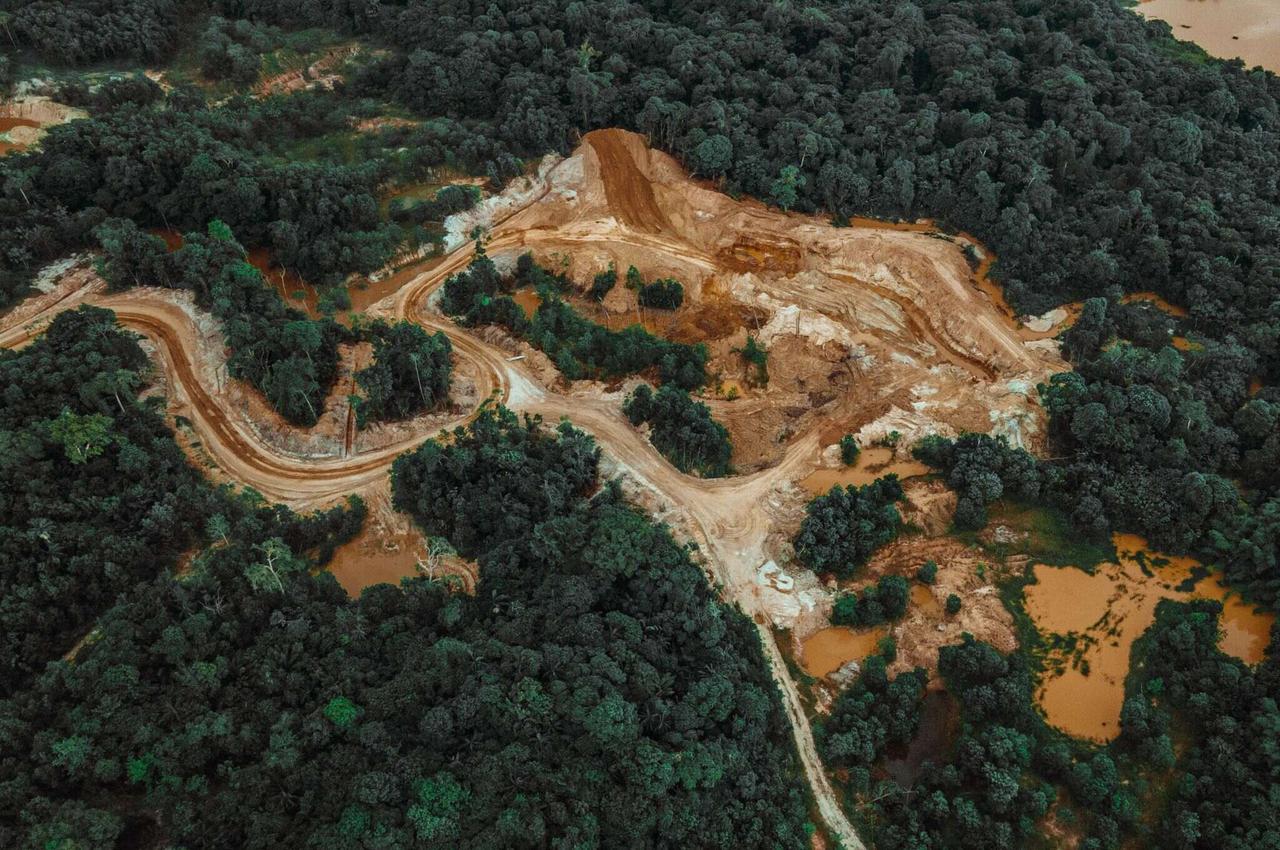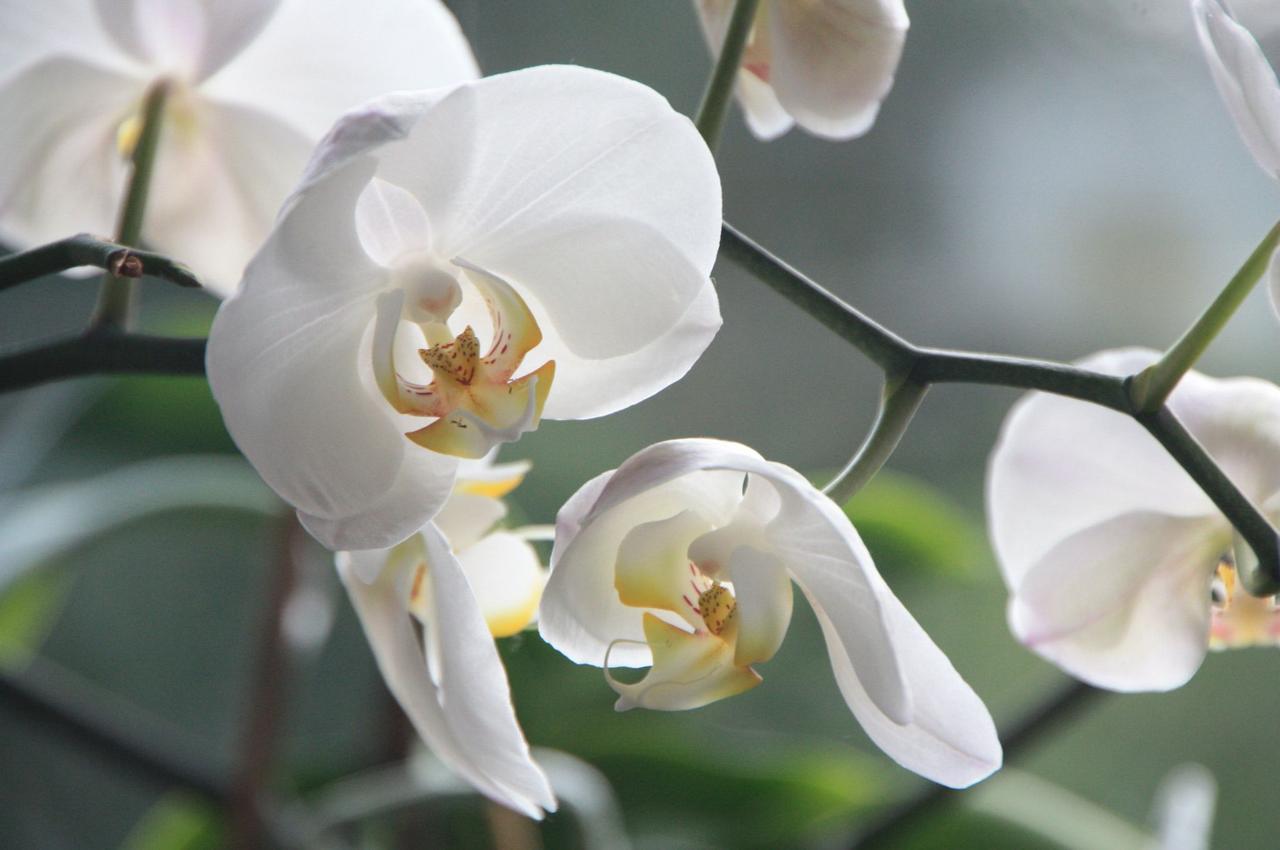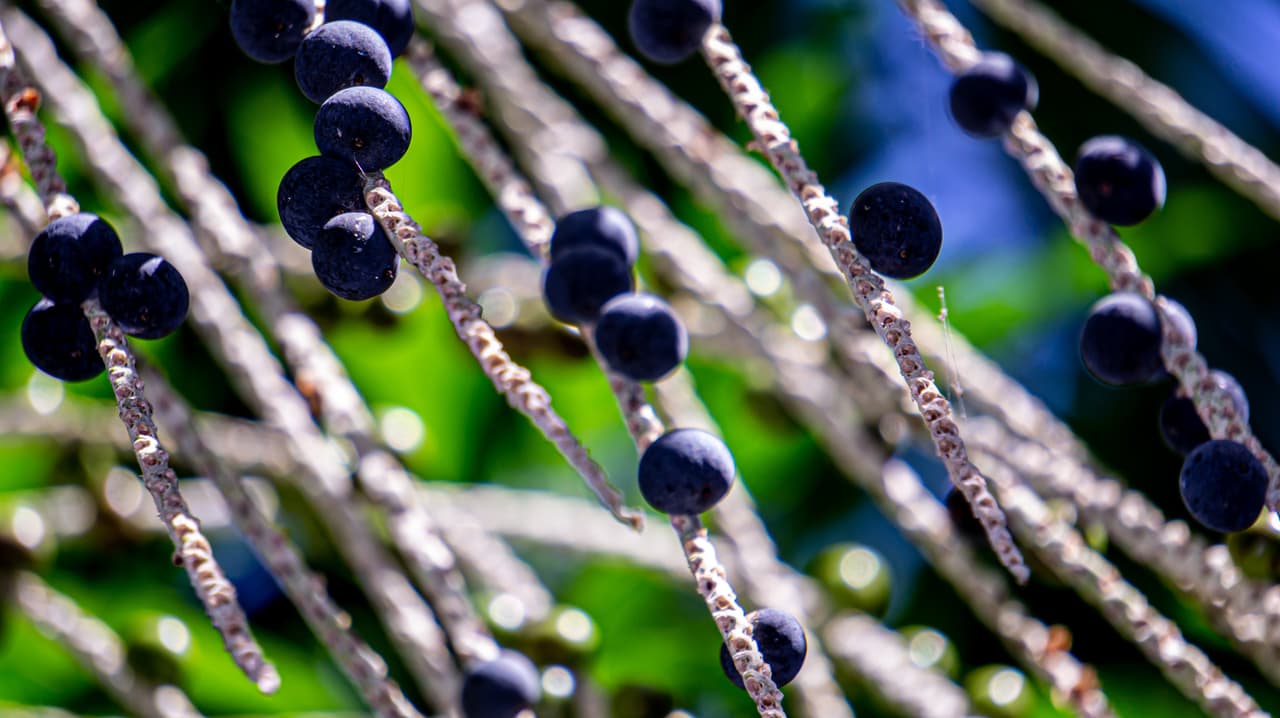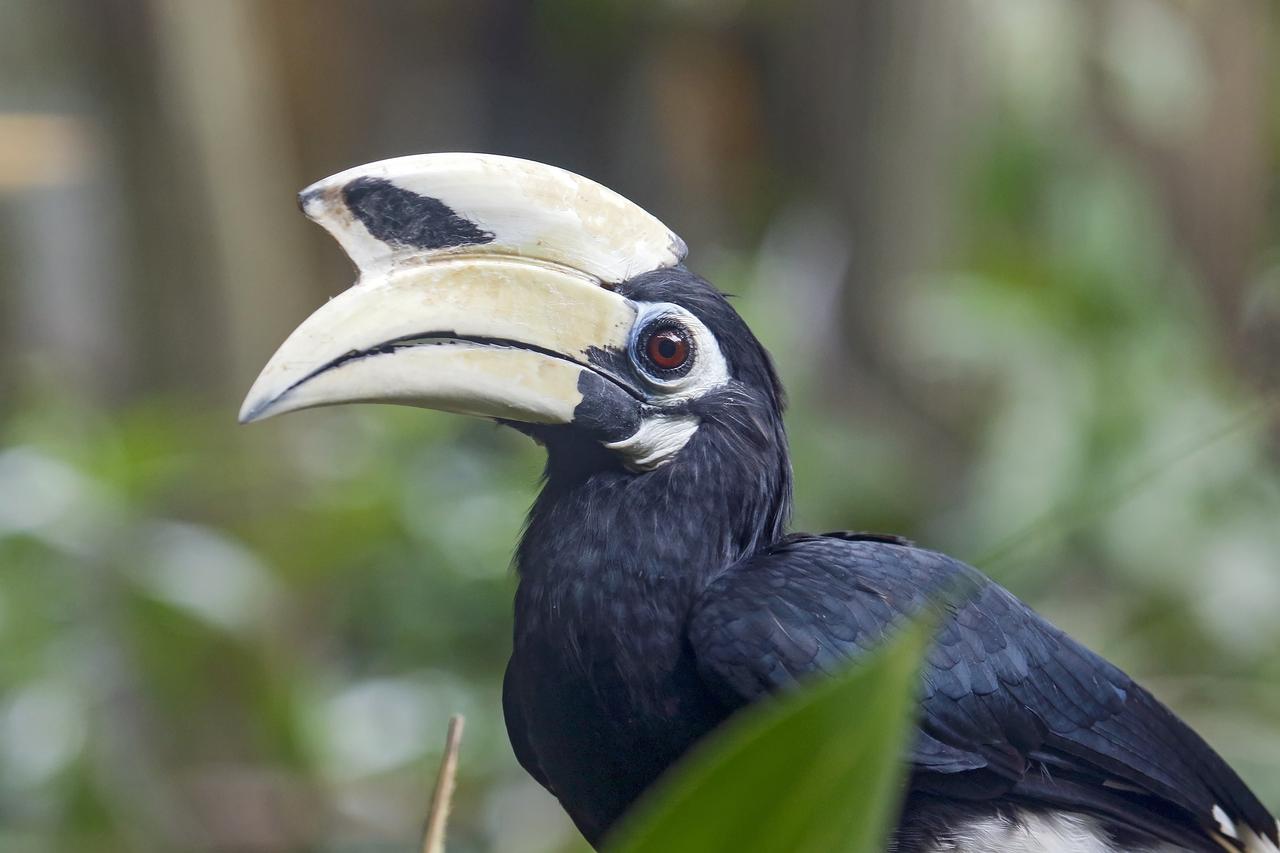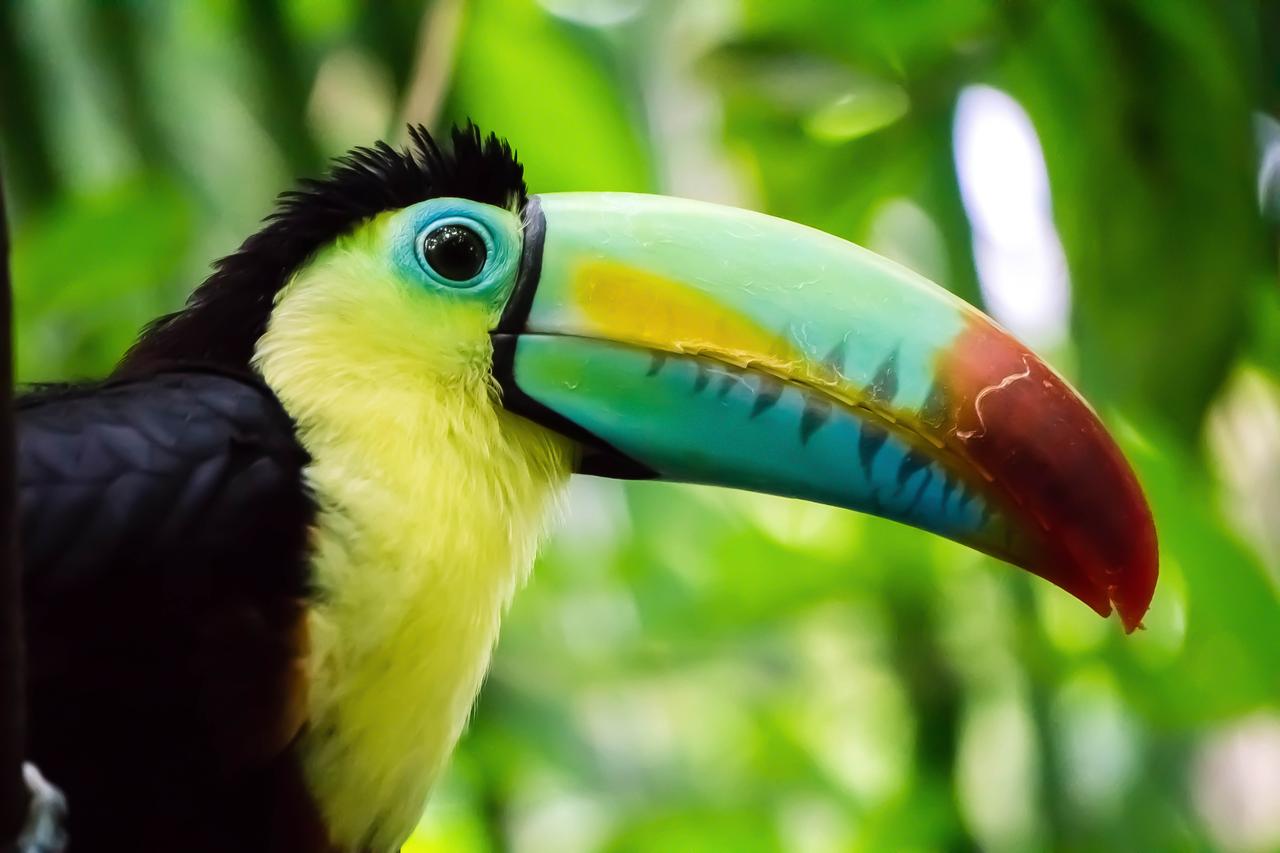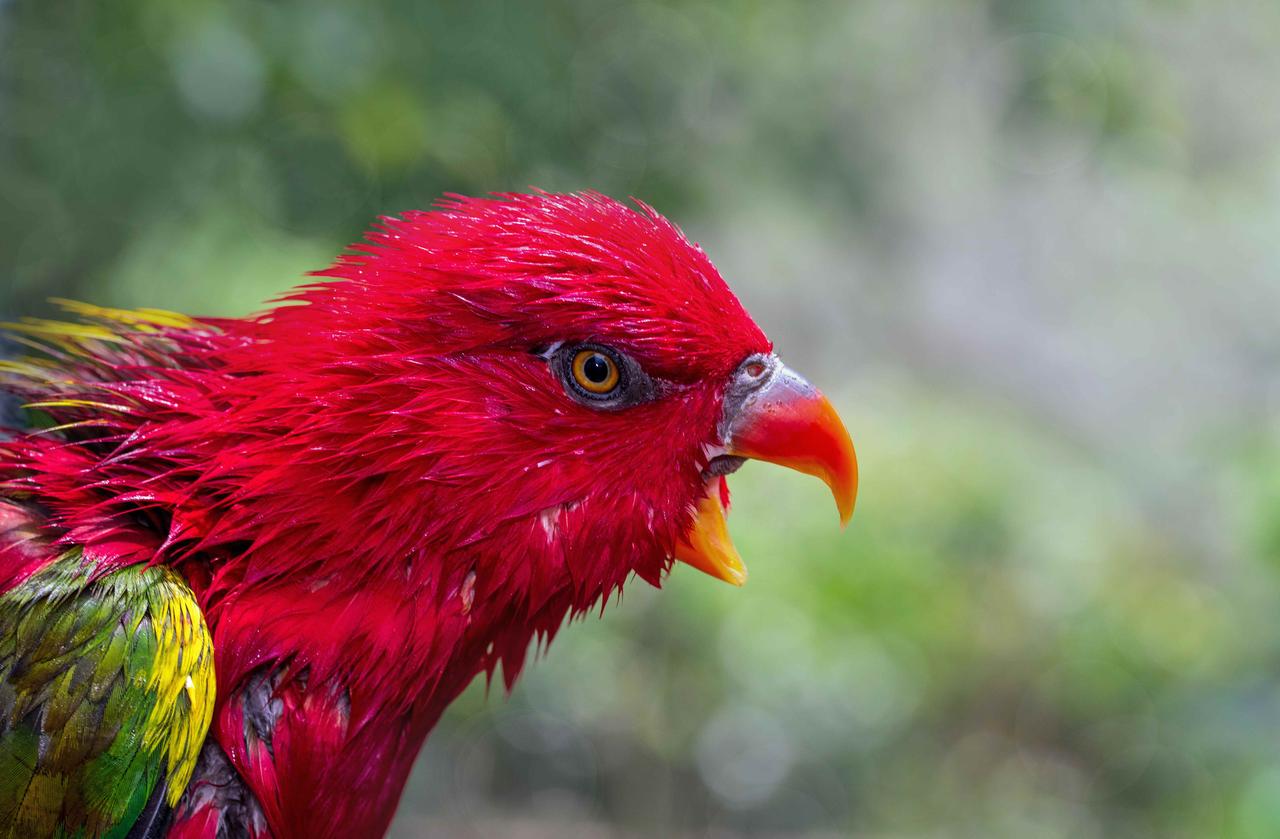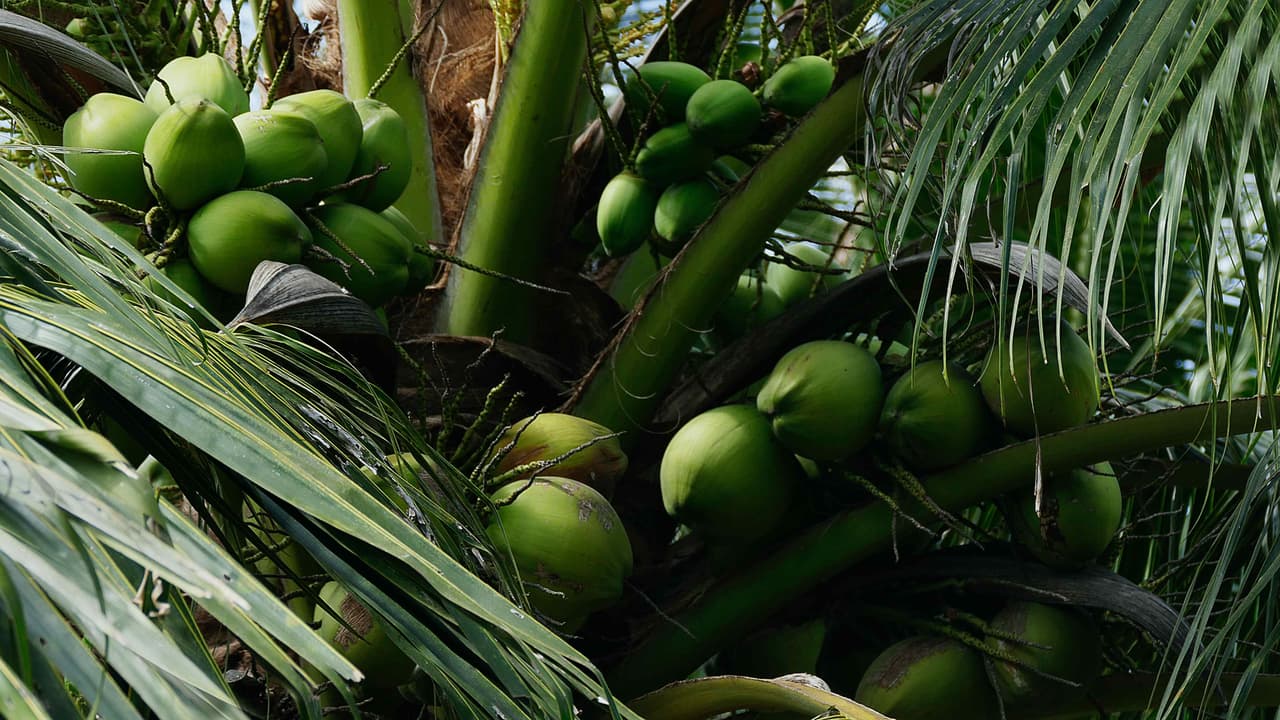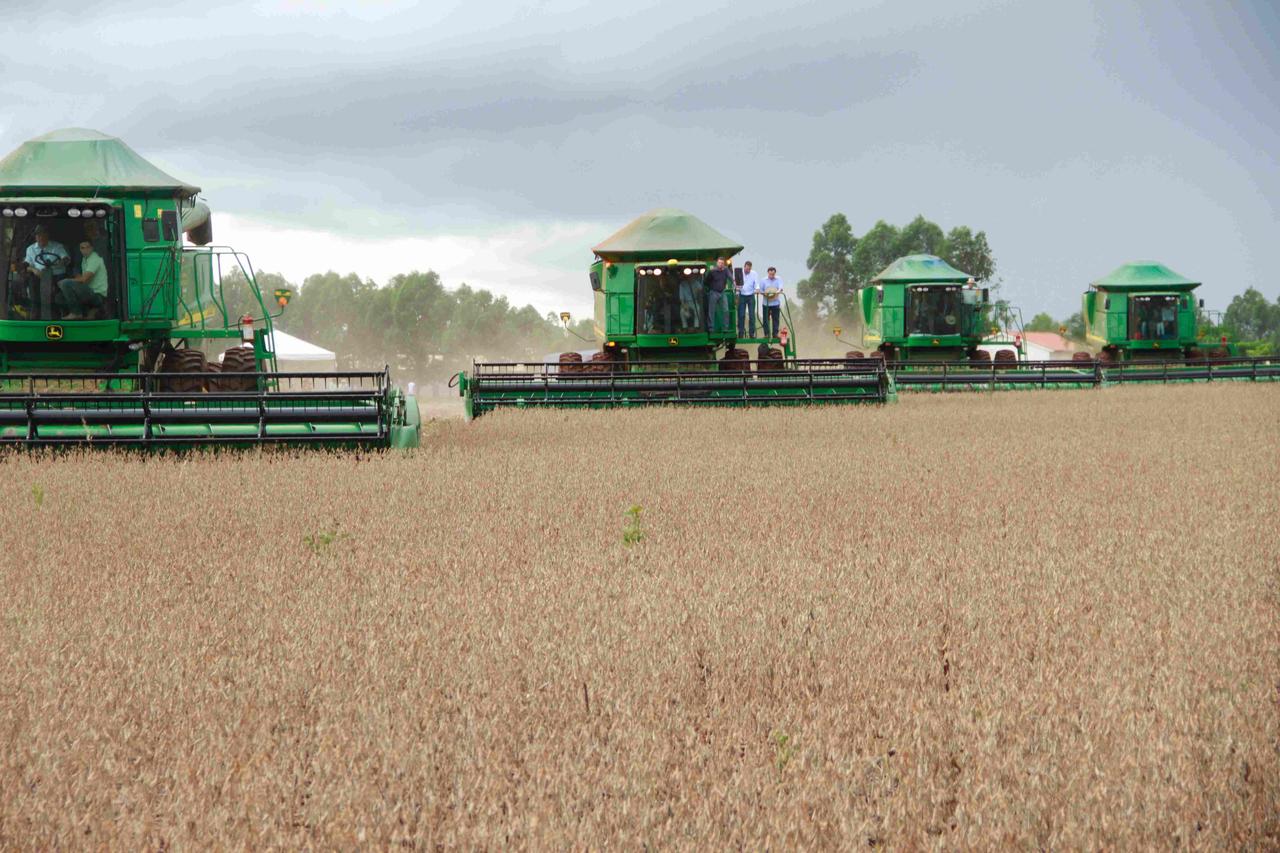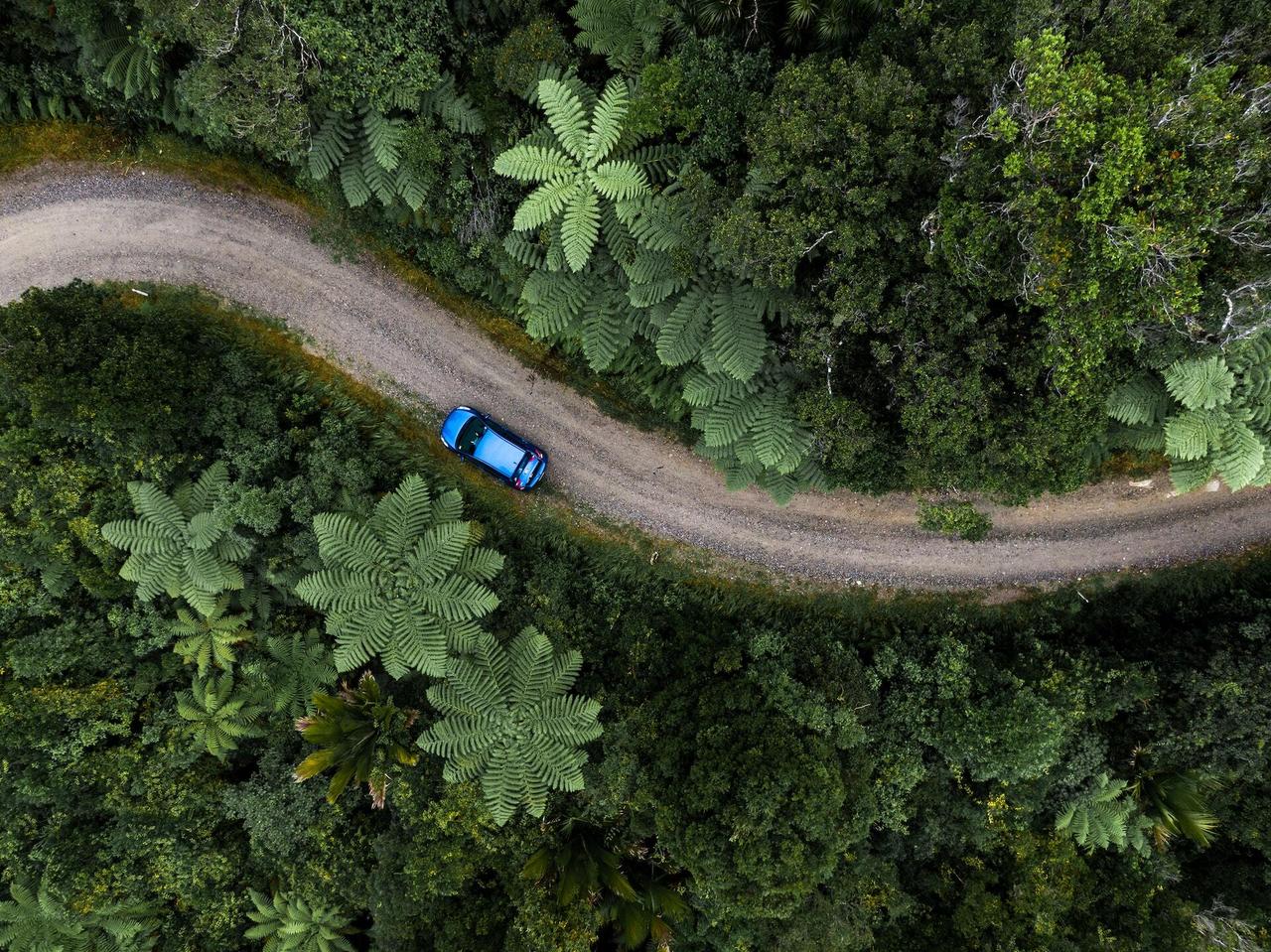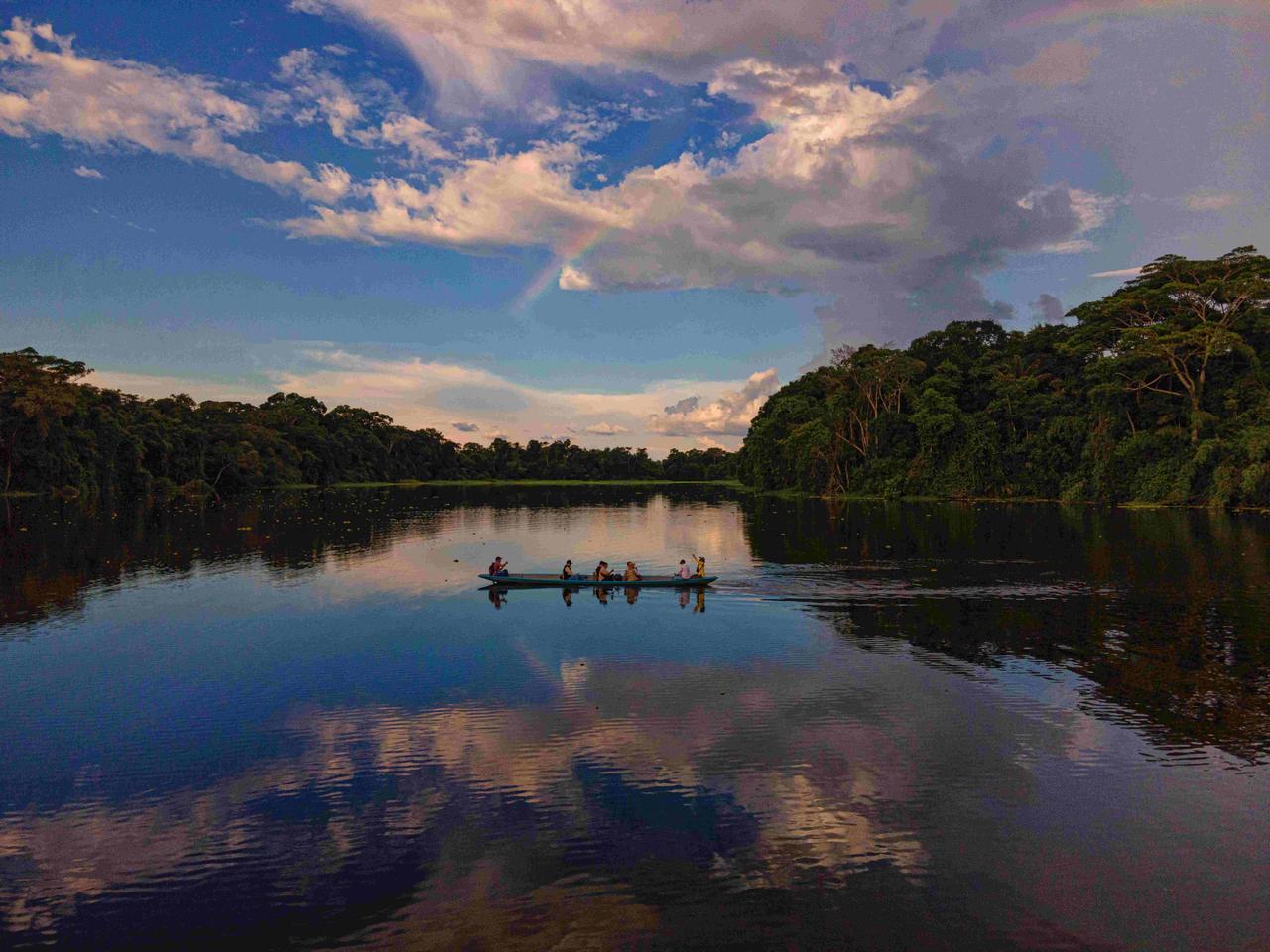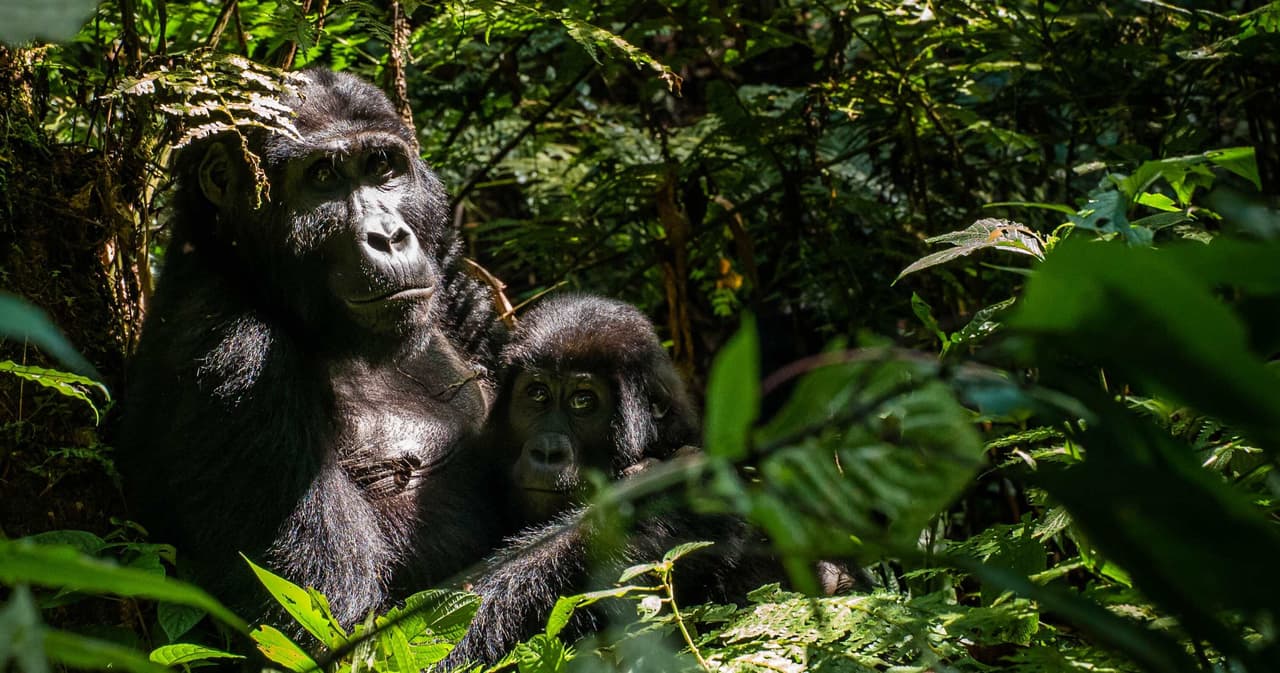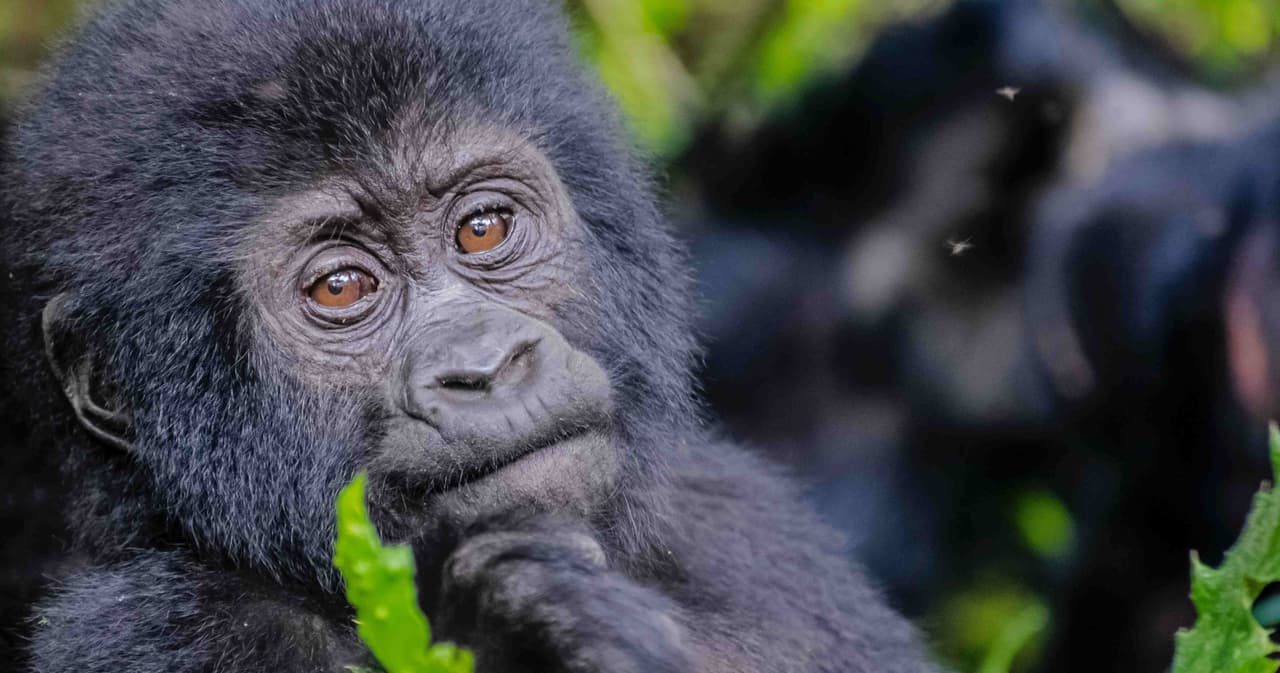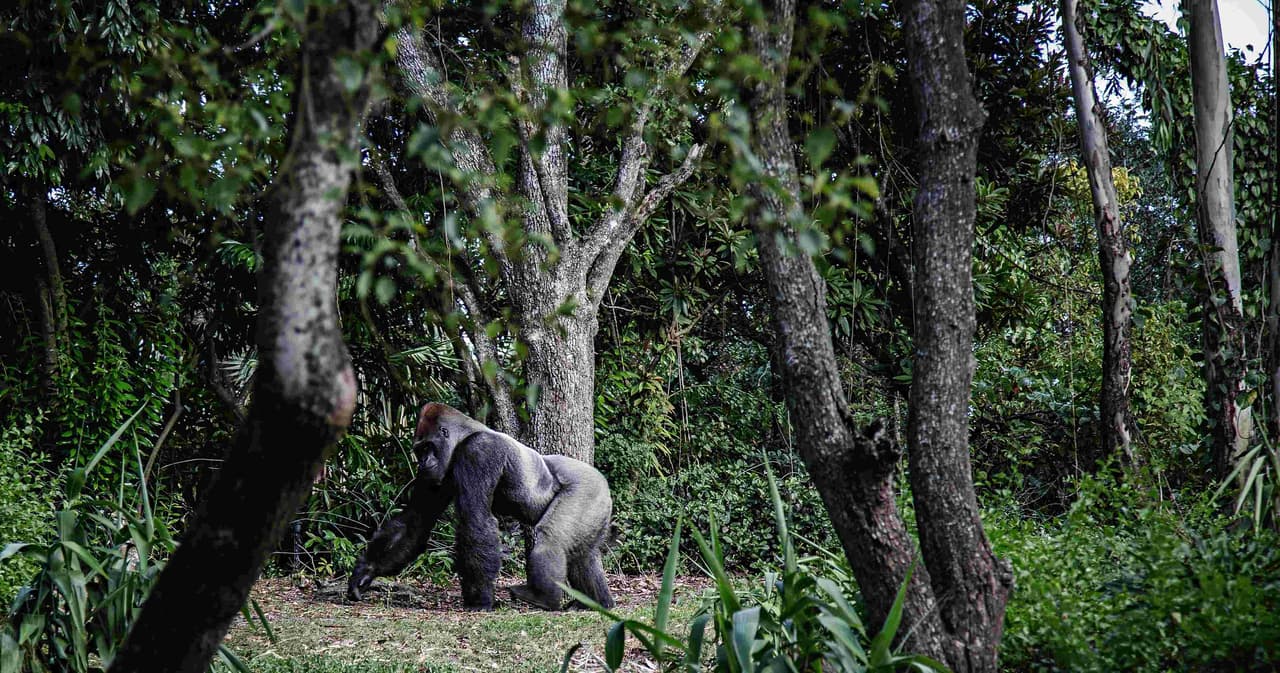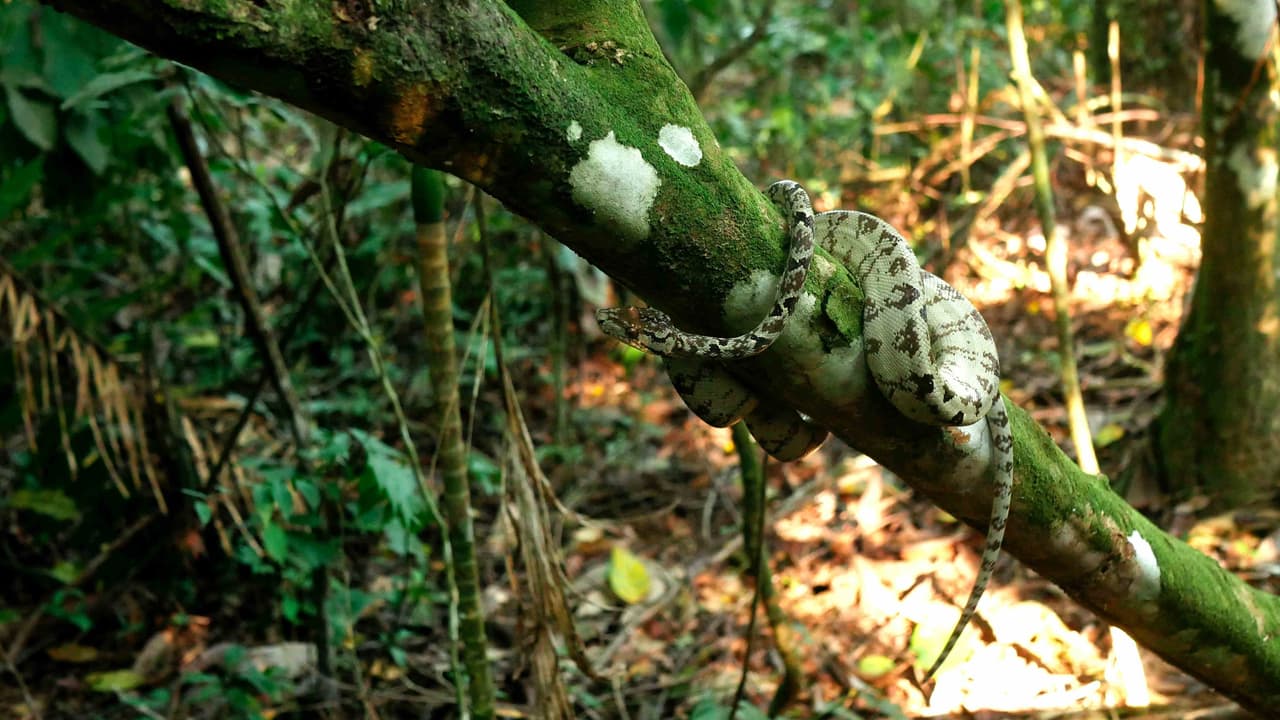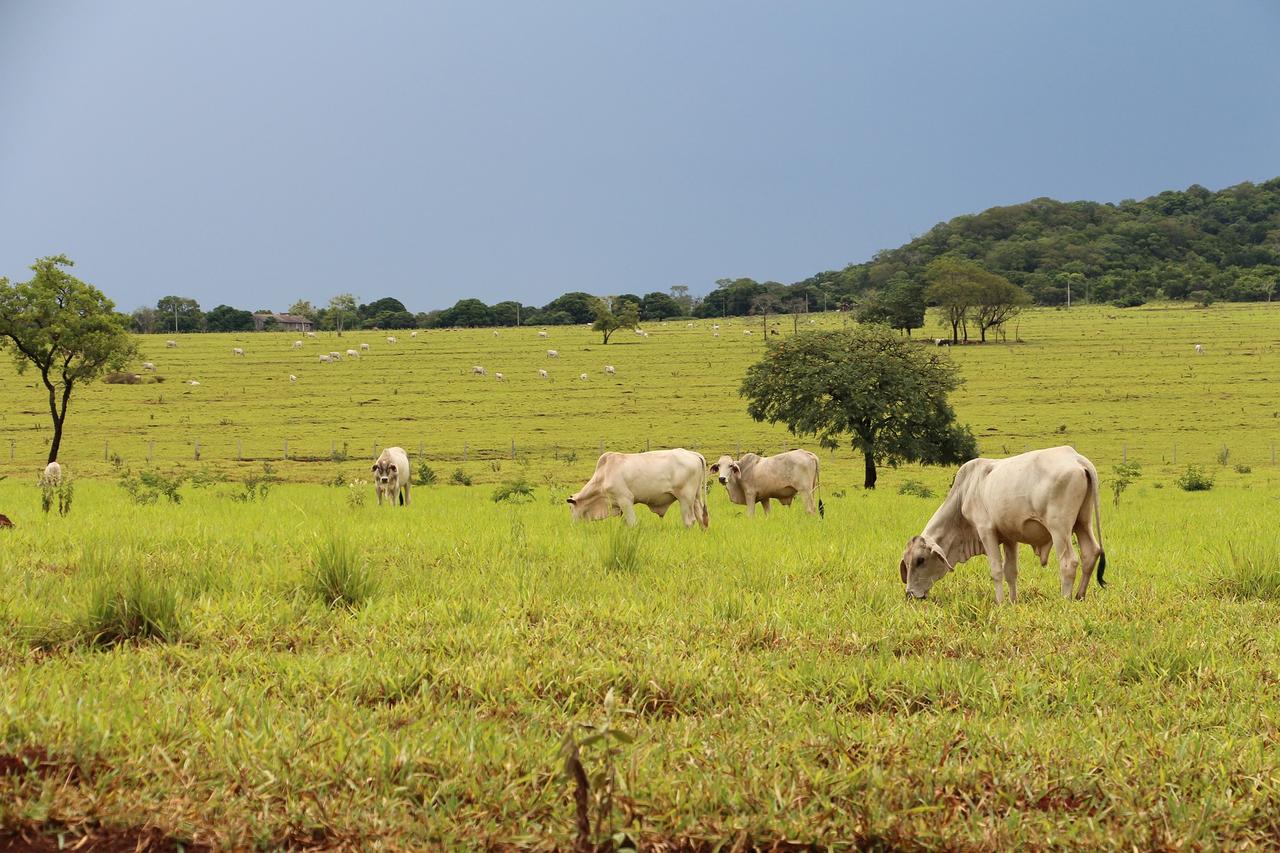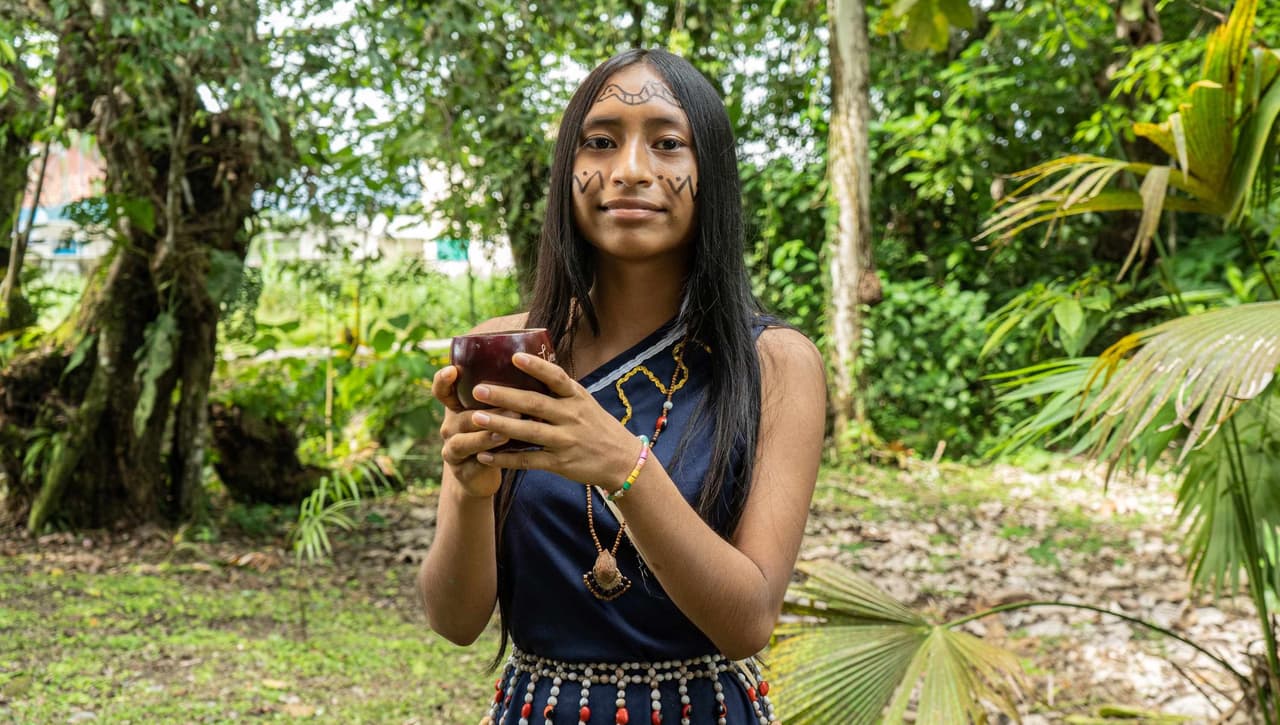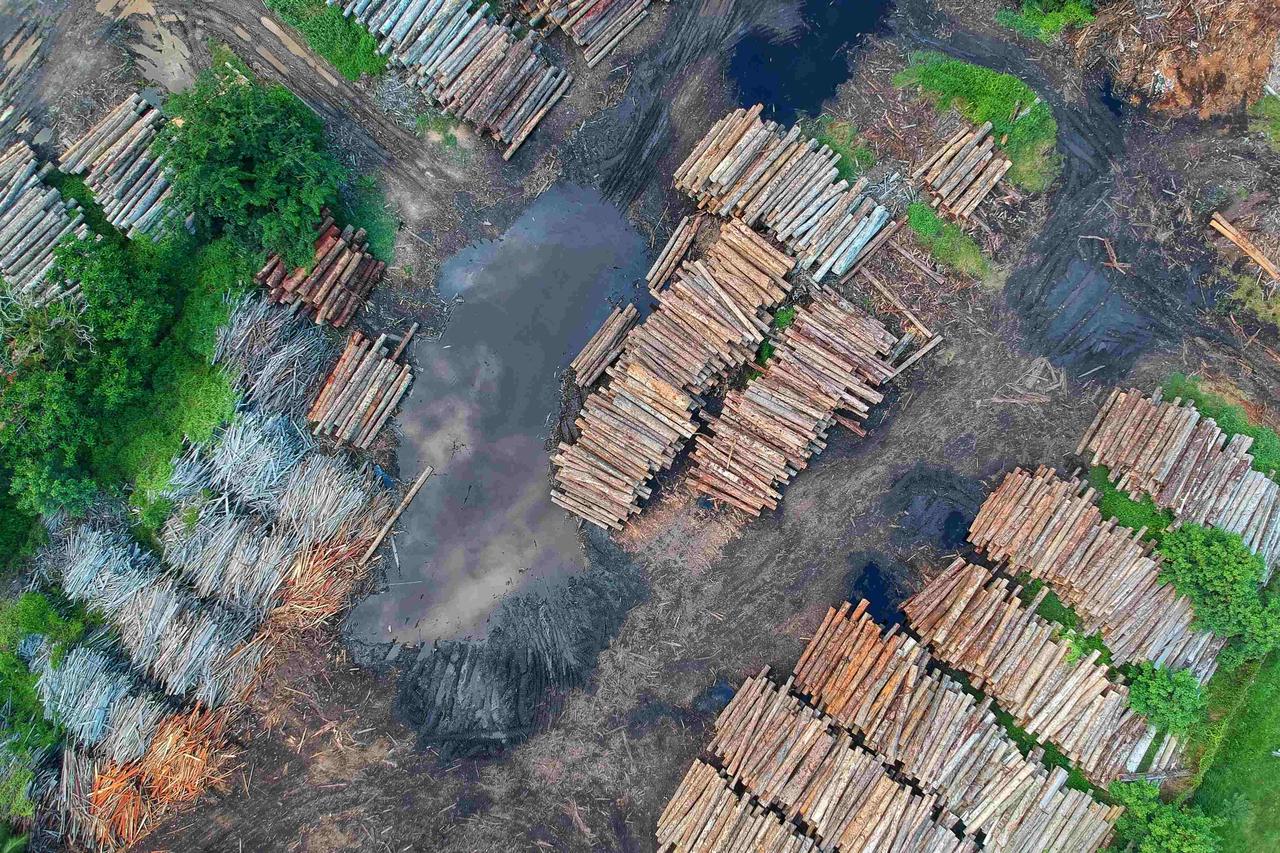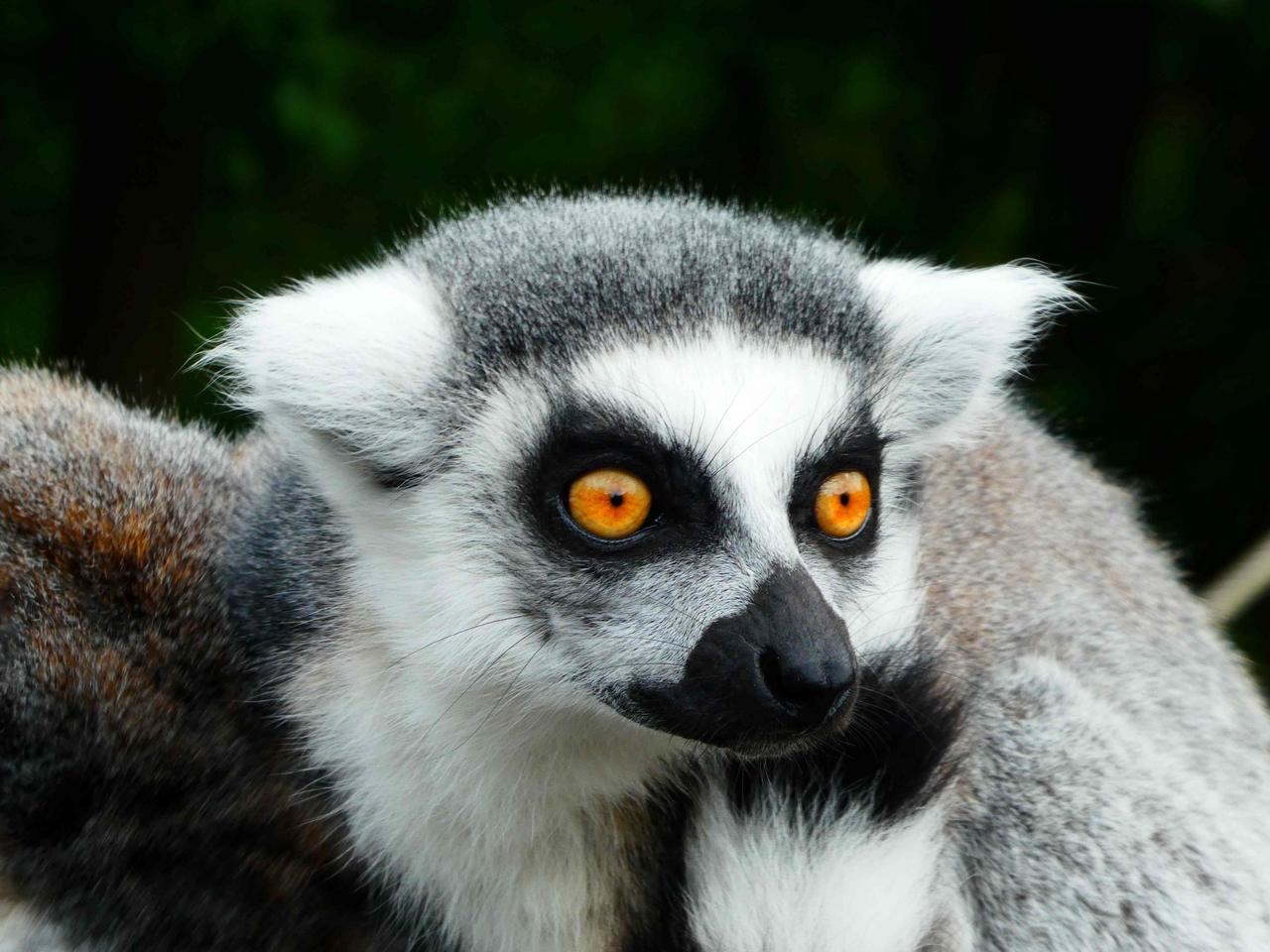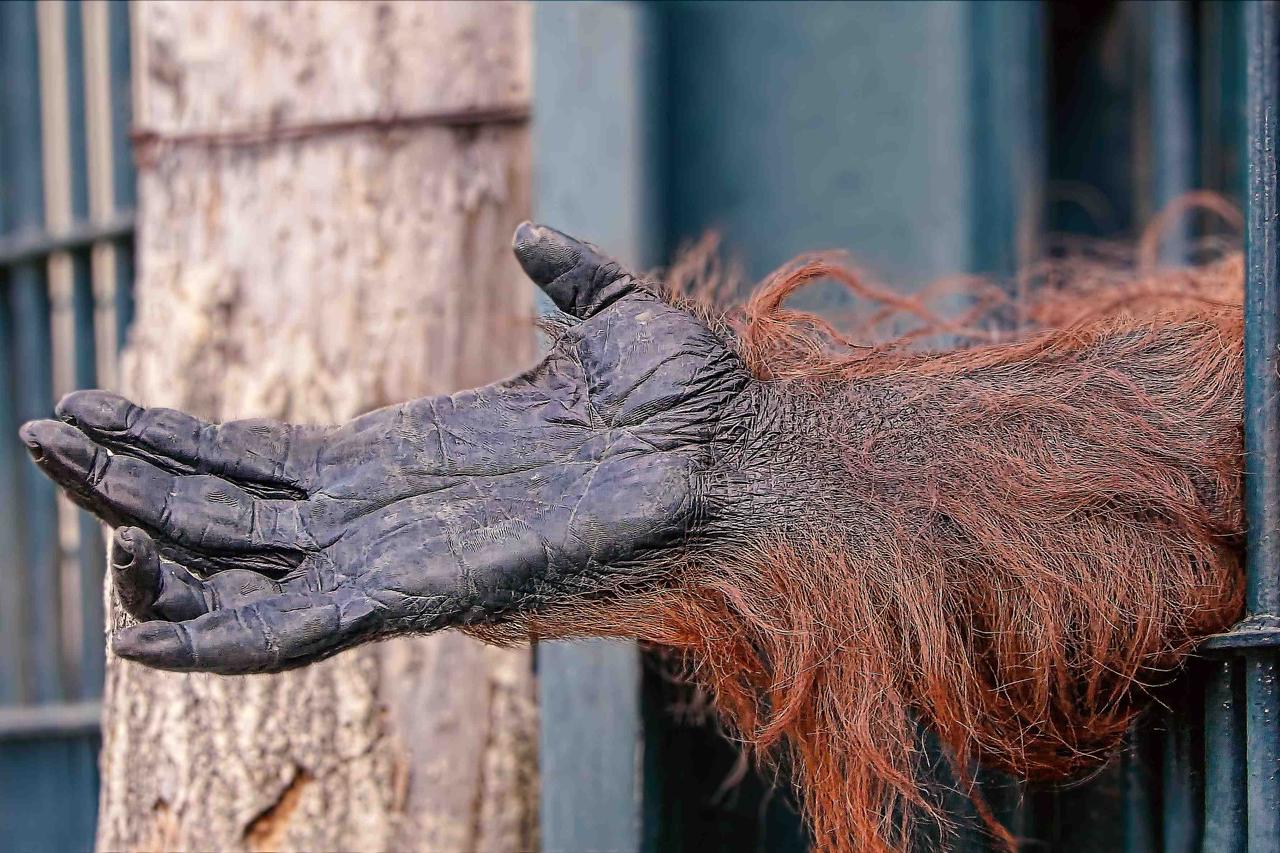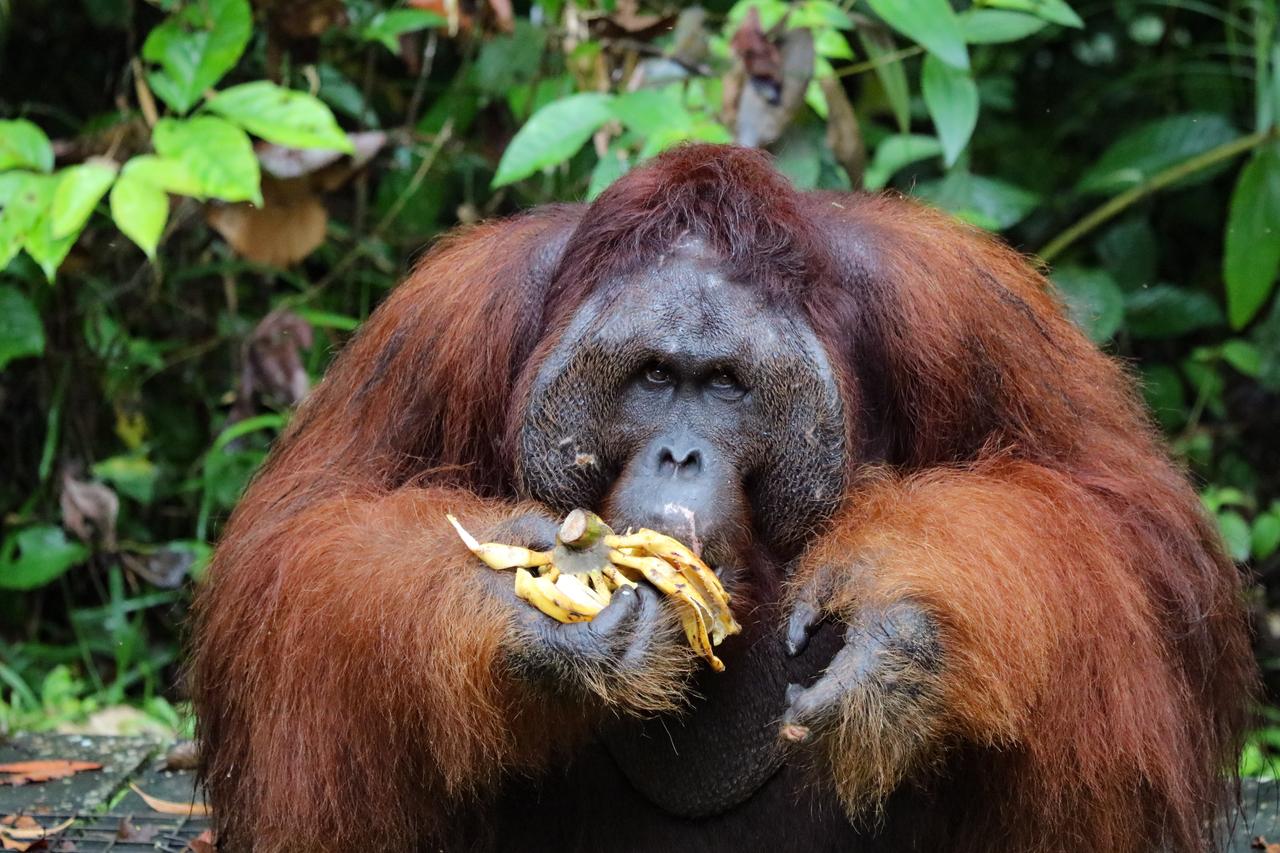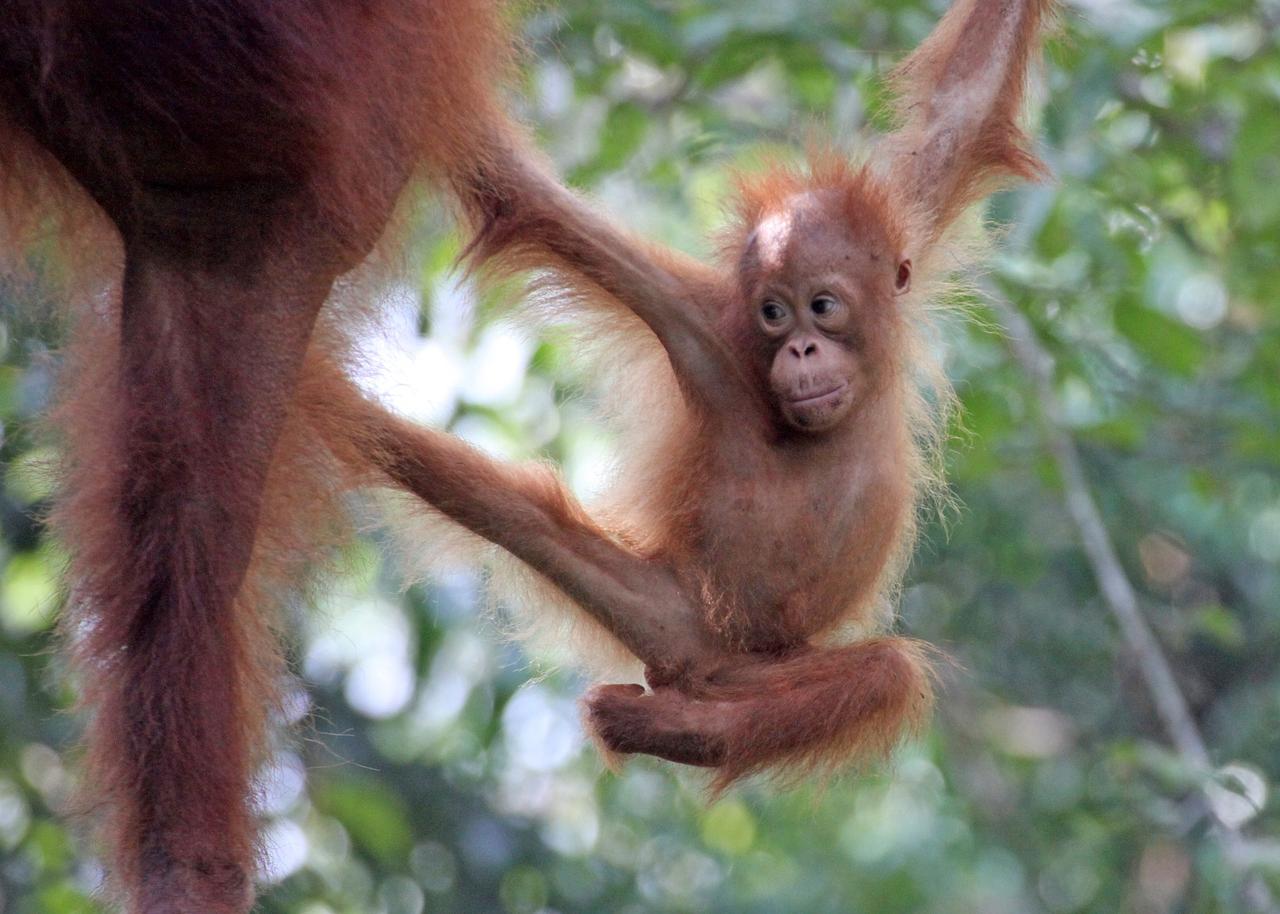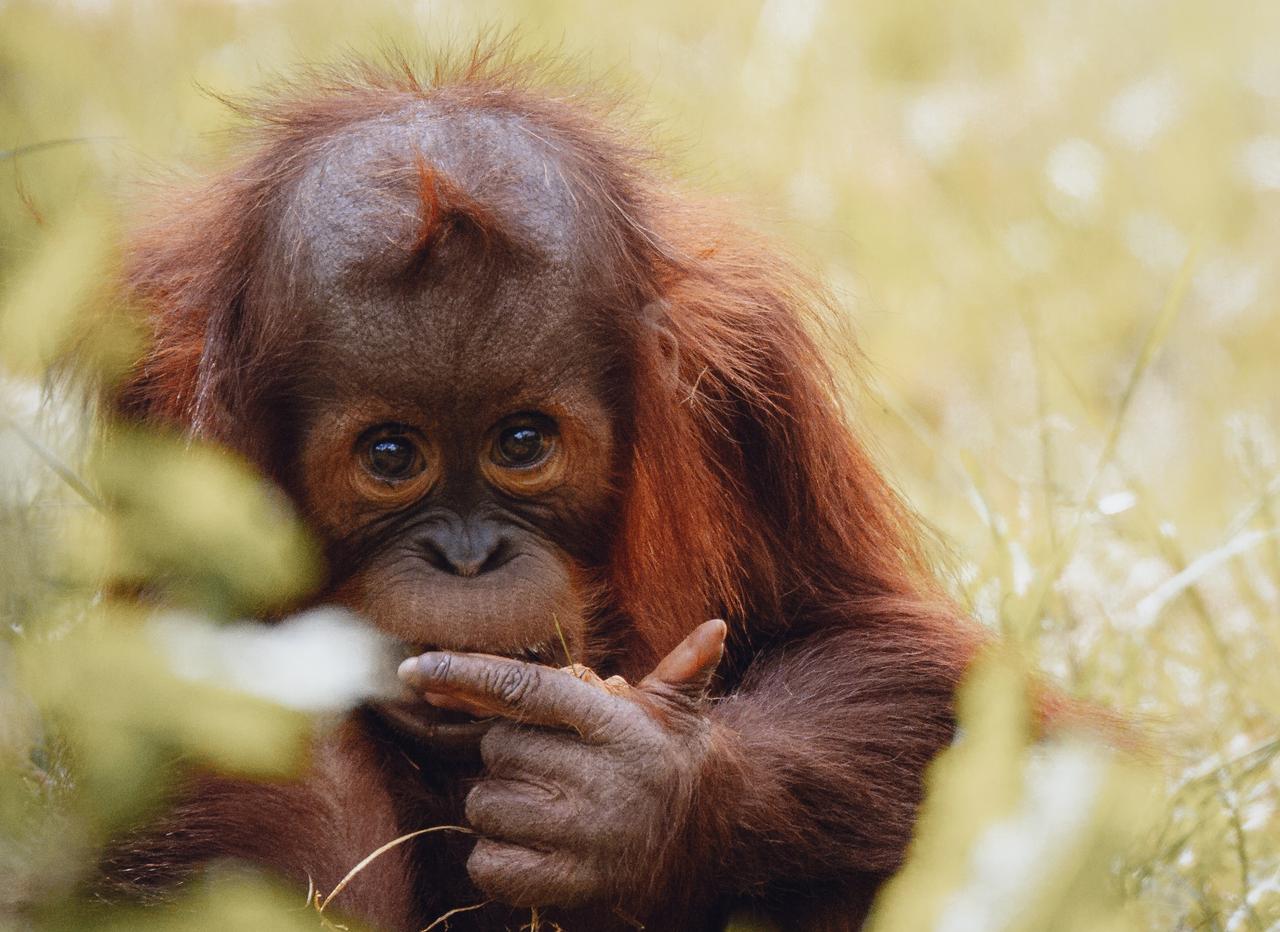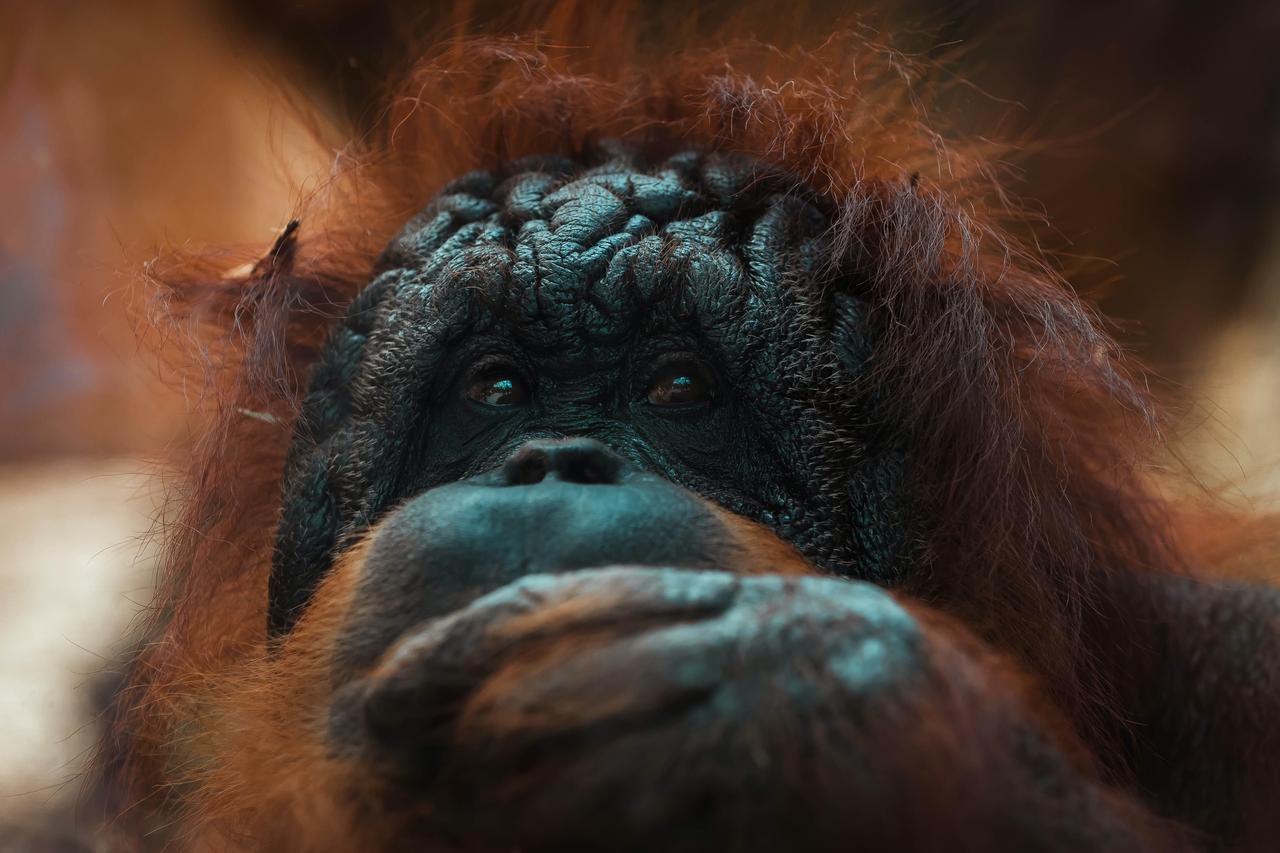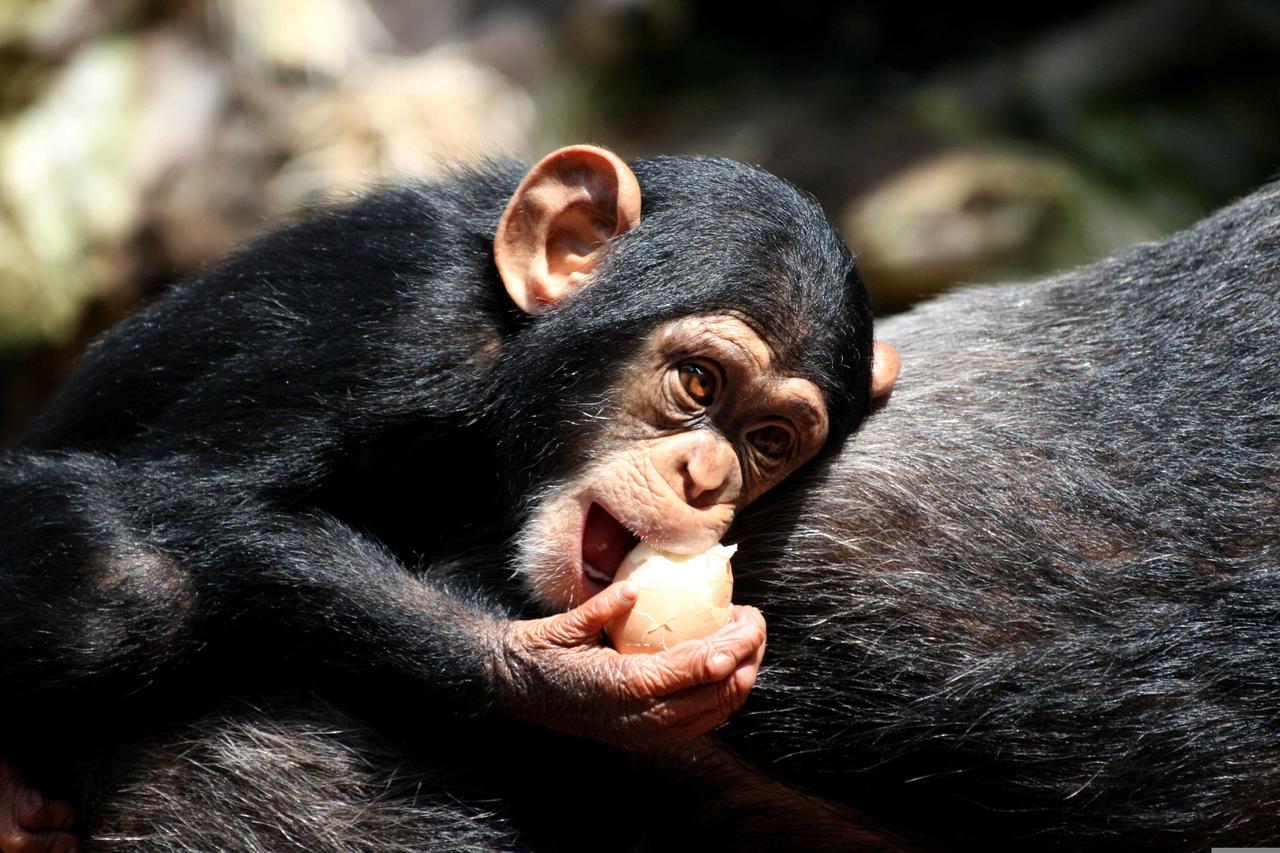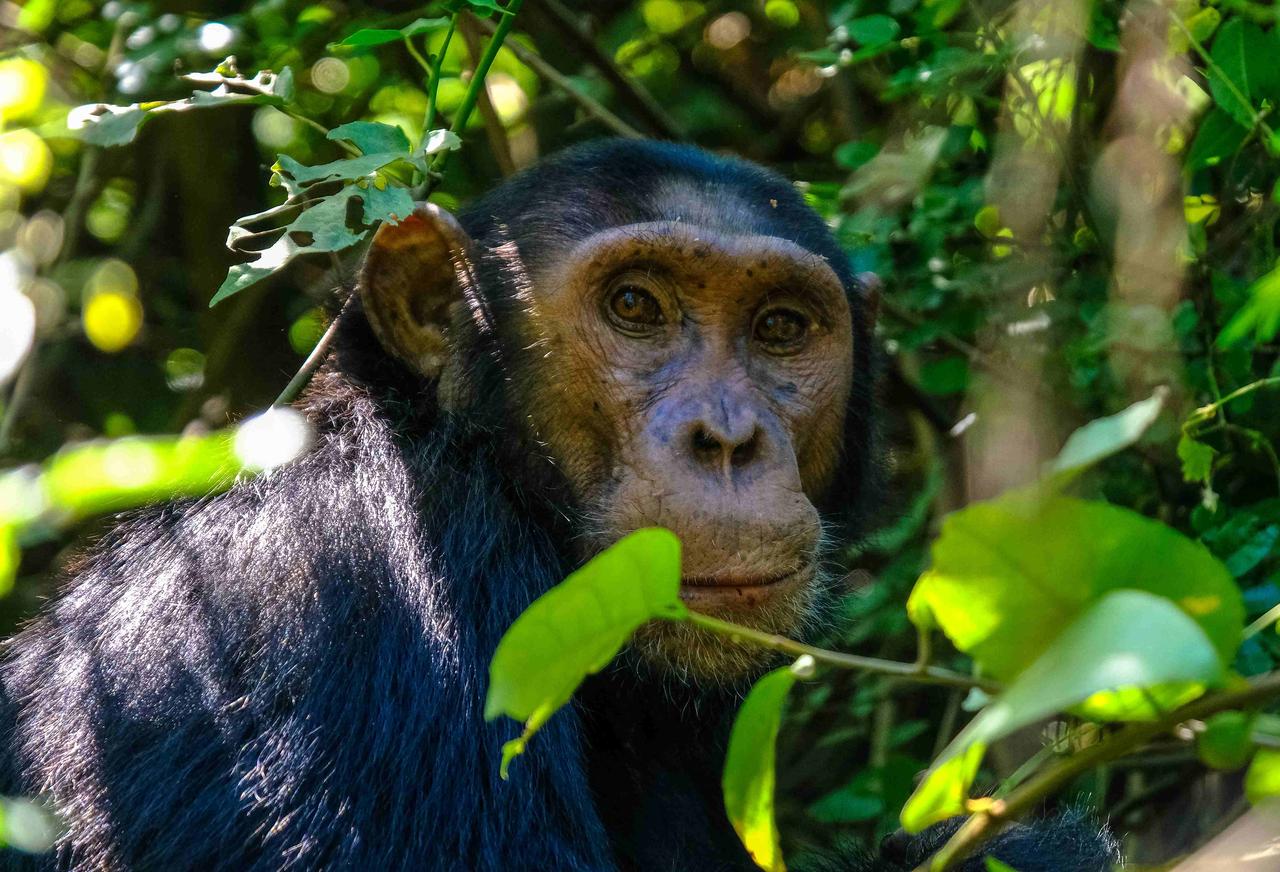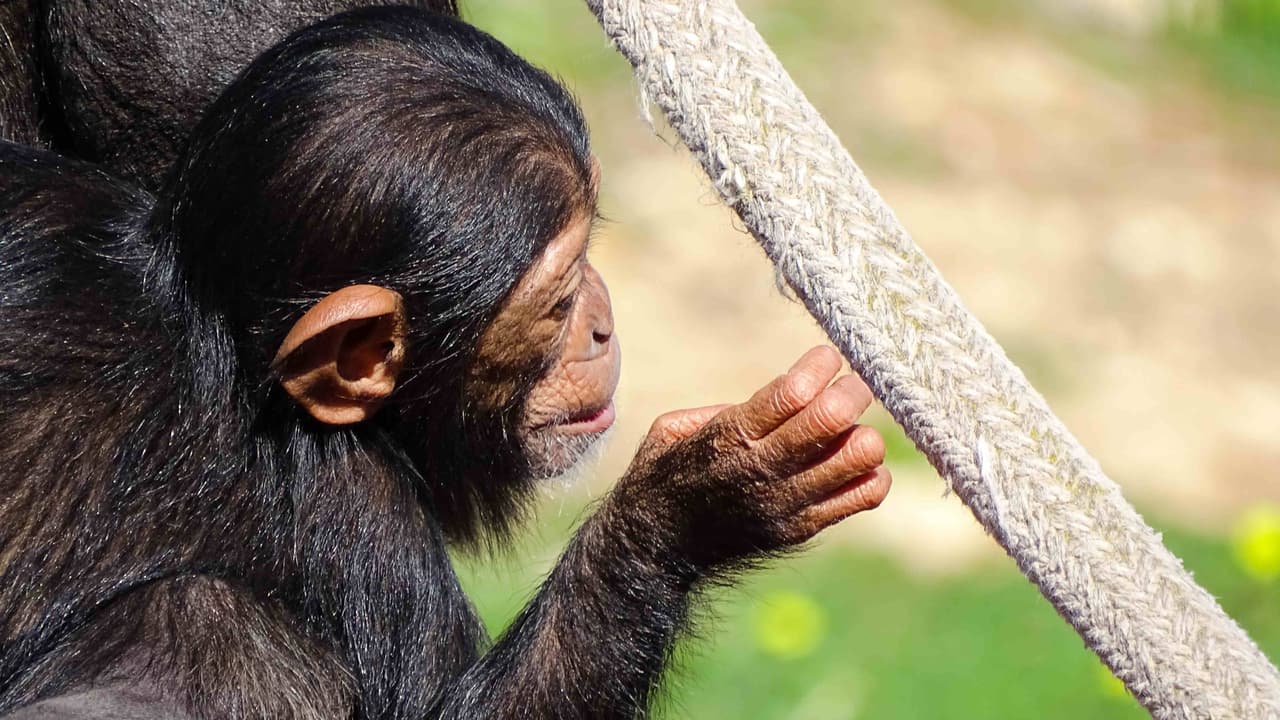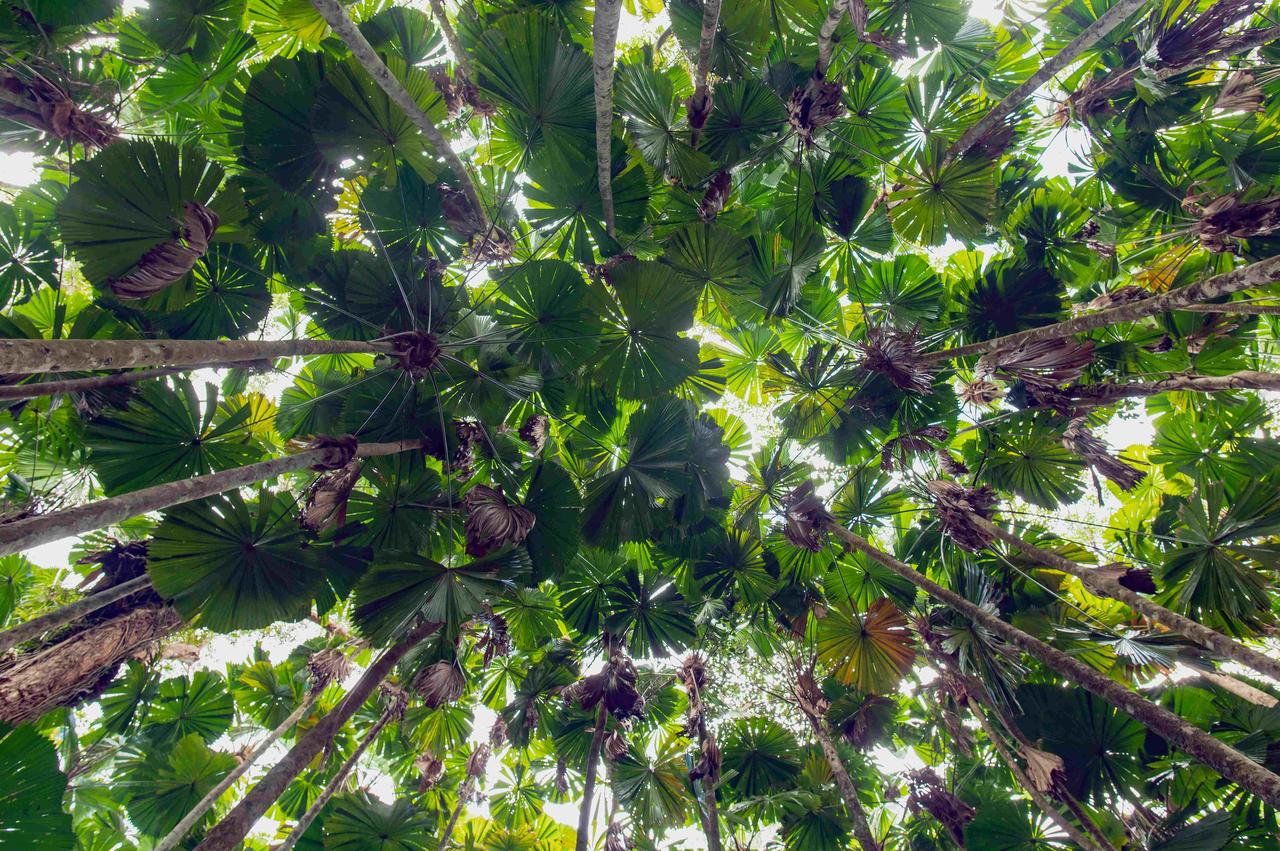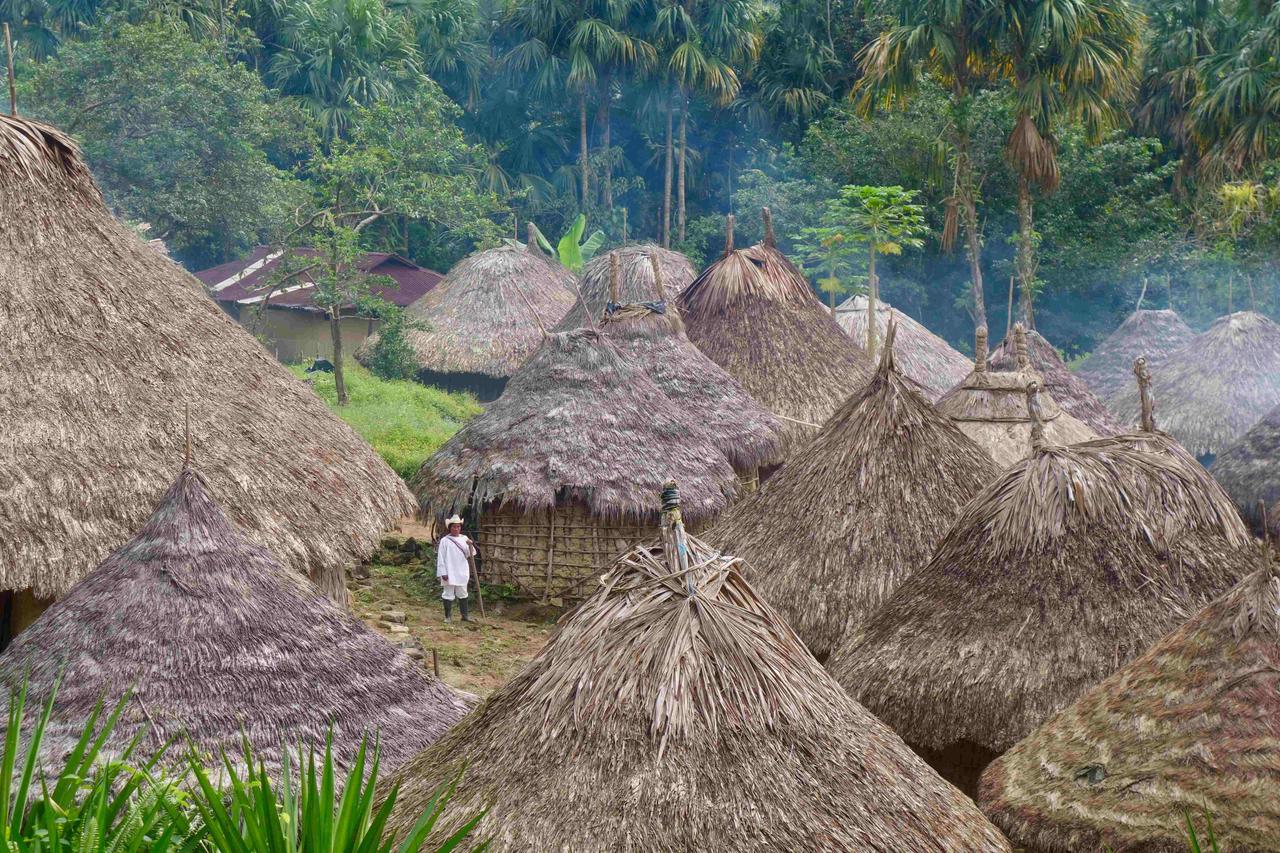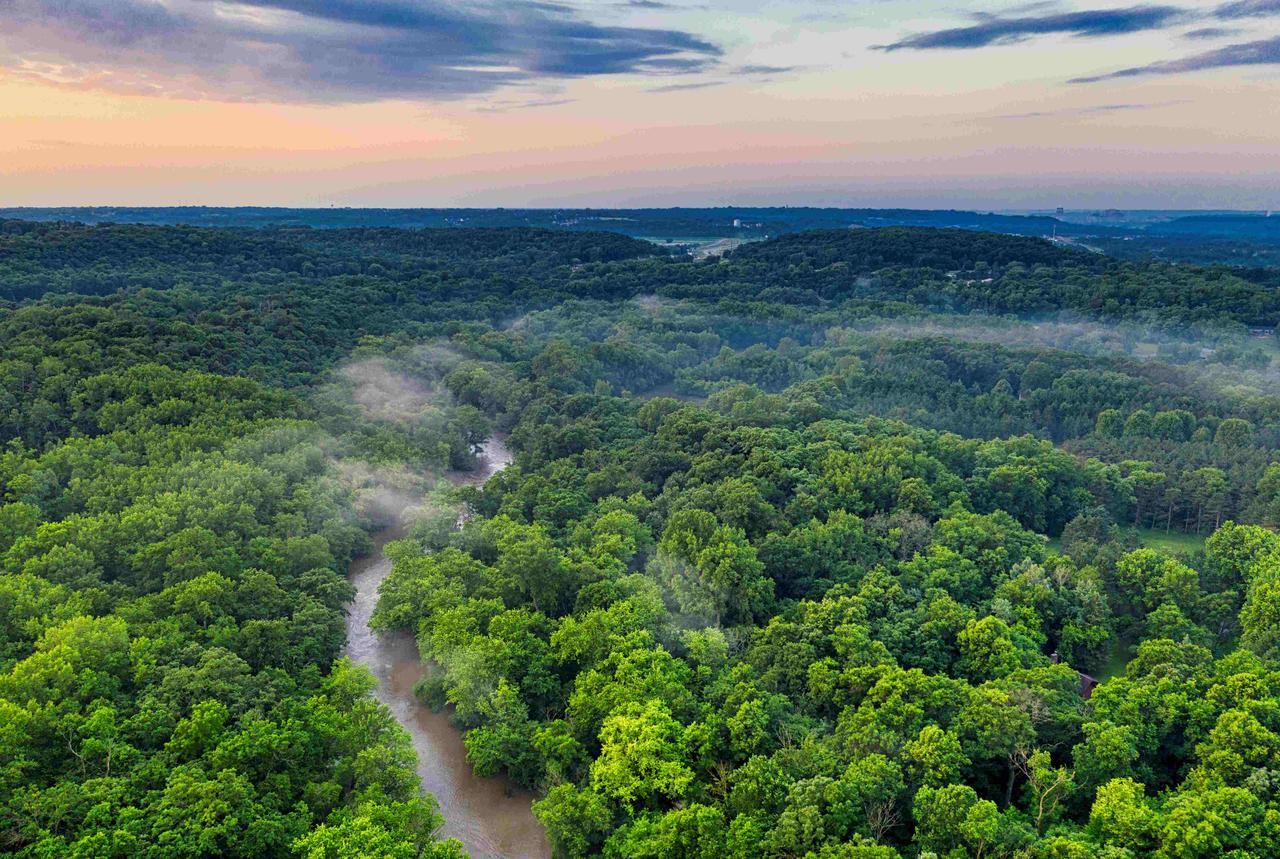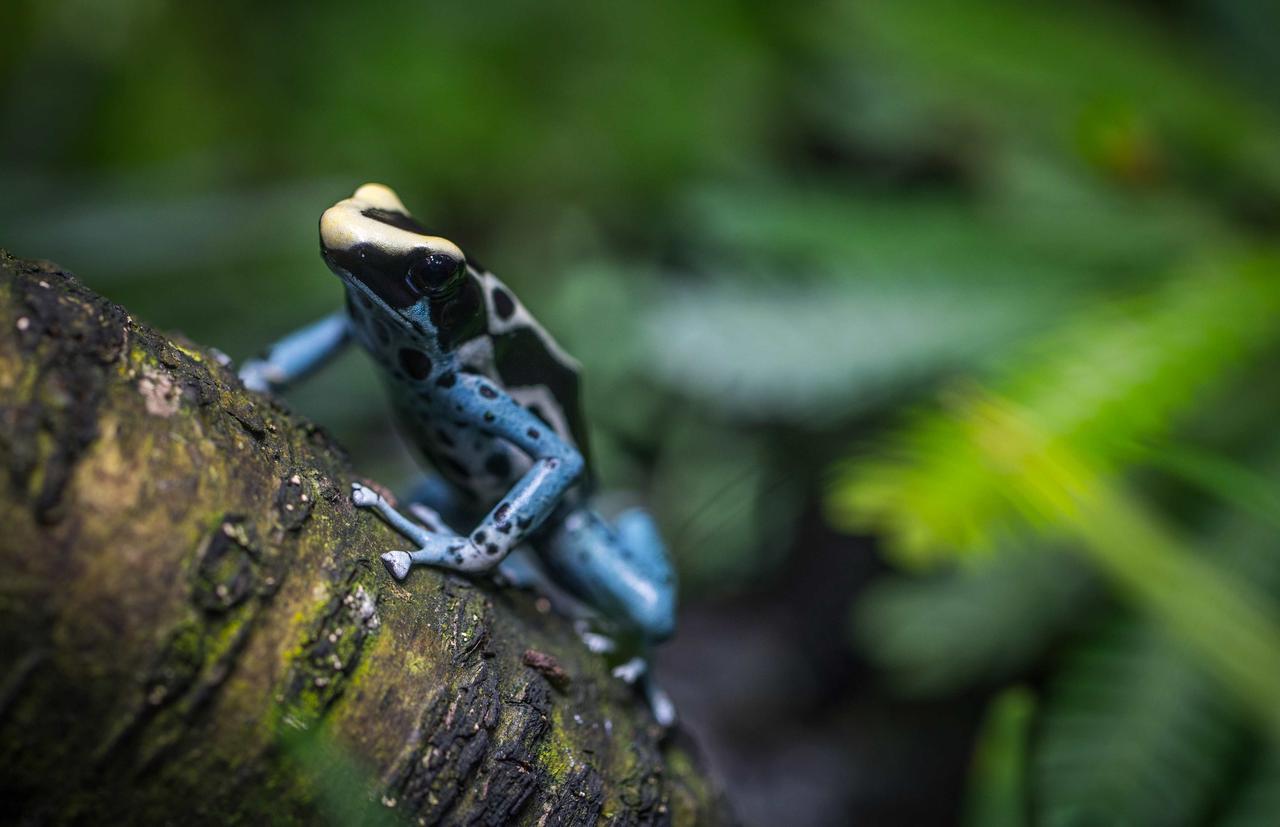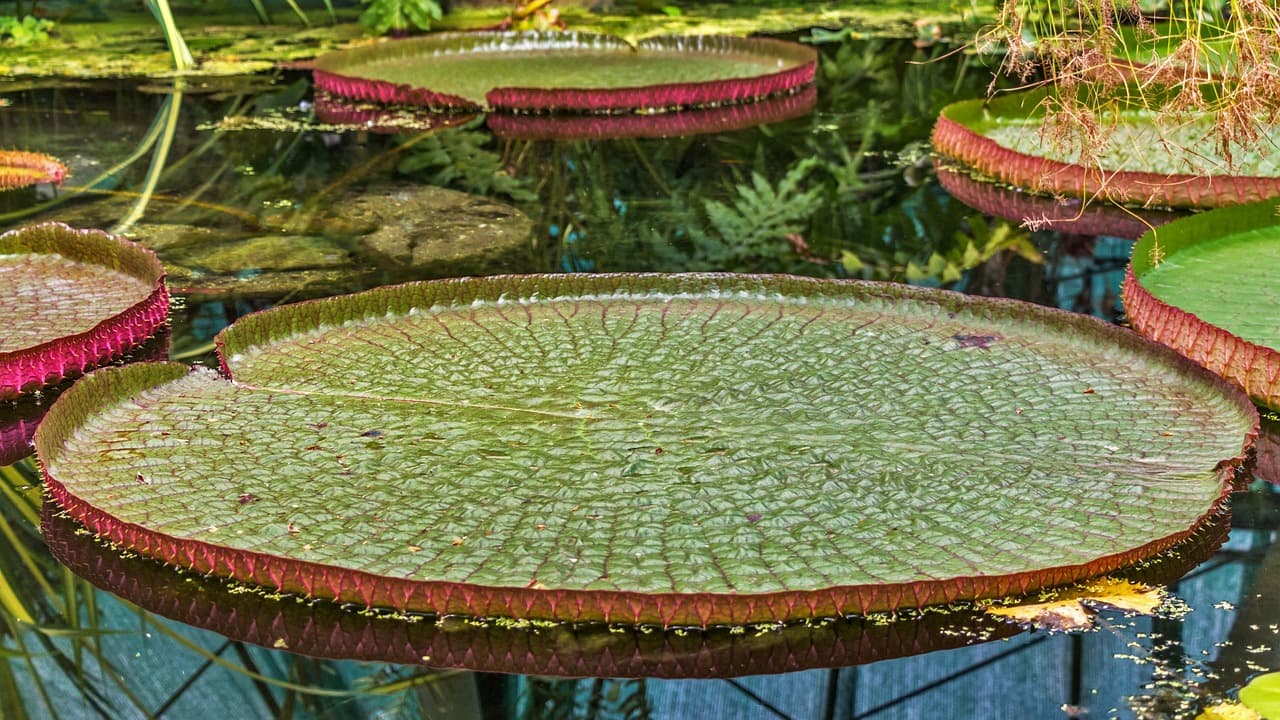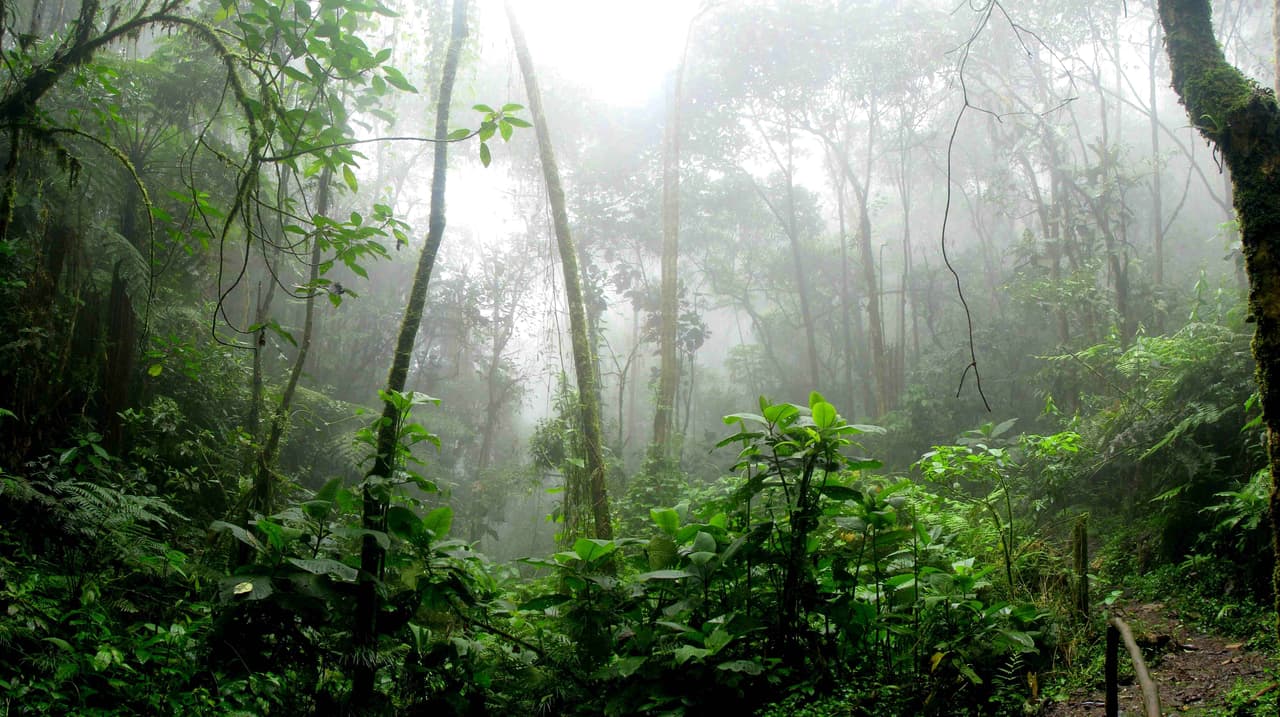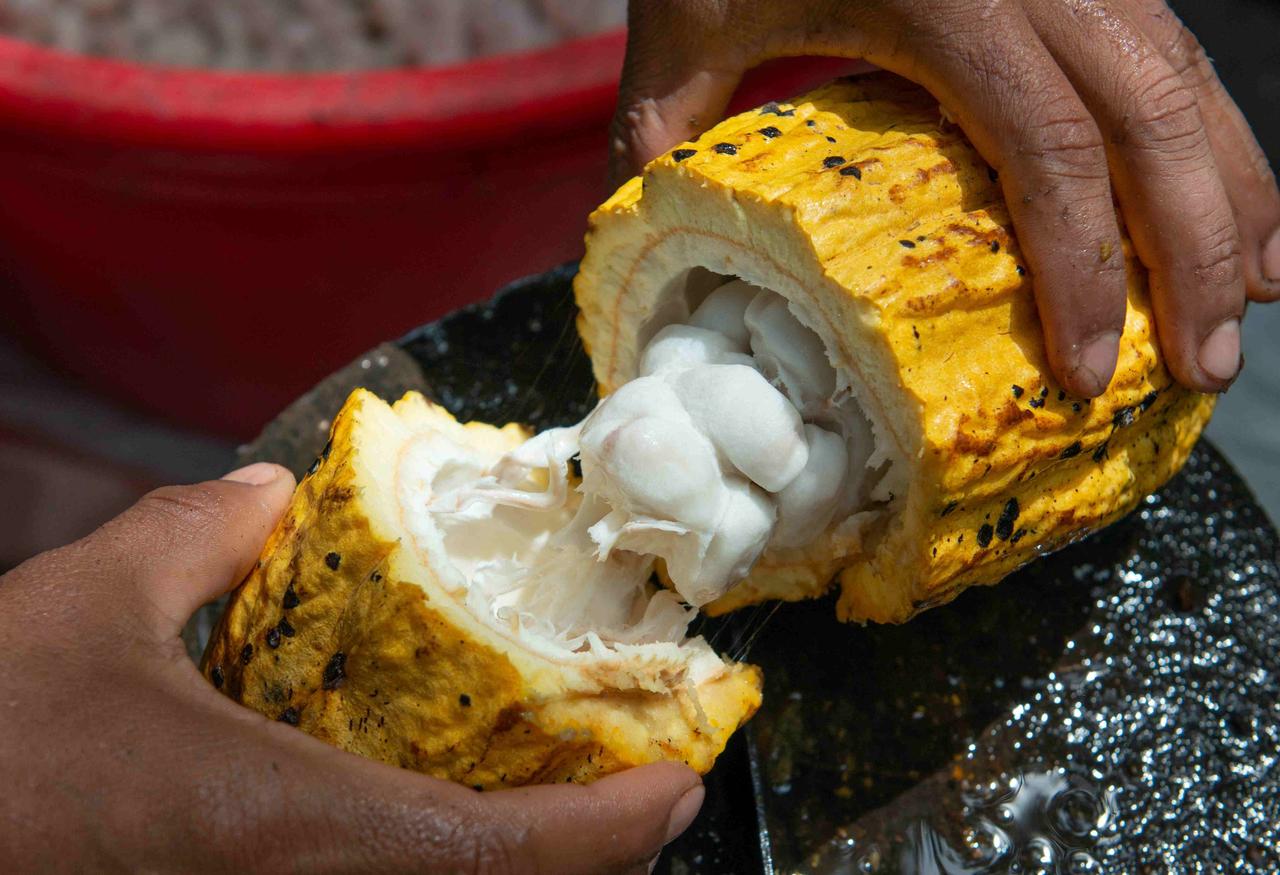
Vanilla, cocoa, and nuts are sure to be on many holiday grocery lists around the world. But as deforestation continues, these resources are set to become more scarce — which could mean bad news for RAINFORESTS.
Brazil nuts
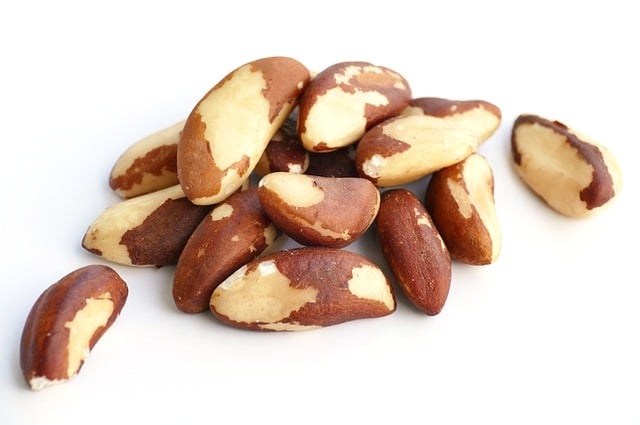
Roasted nuts have become synonymous with holiday fare — from pecans to walnuts to pistachios, as well as one found deep in the Amazon: the Brazil nut. Also known as, the castanha-do-brasil (chestnut from Brazil) or castanha-do-pará (chestnut from Pará), the Brazil nut tree is found throughout the Amazon, but is now most abundant in Bolivia and Suriname. The Brazil nut is considered one of the most sustainable nuts (as they are not grown on farms but harvested by forest-based communities) it is also one the most valuable, with 40,000 tons sold each year.
Because of their ecology, they cannot be grown in stands and require undisturbed land to produce their fruit. This makes them highly sensitive to deforestation, which has taken 17% of the Amazon RAINFOREST already. Luckily, there are projects, like the Brazil Nut Project, that are working to conserve this valuable resource.
Vanilla
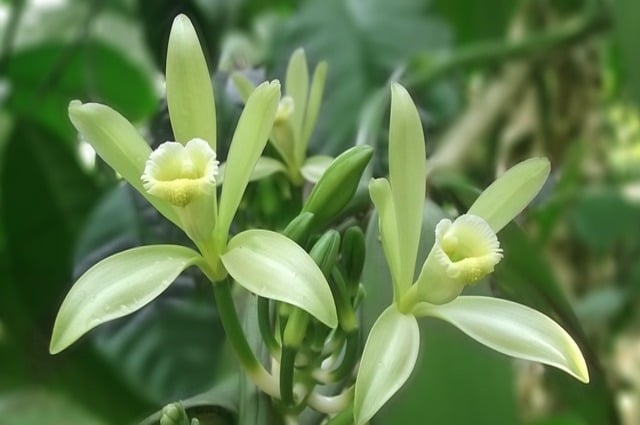
An absolute essential for nearly every holiday treat, vanilla grows in pods throughout the Amazon — in Peru, Ecuador, and Brazil. Vanilla is naturally sustainable; not requiring any pesticides or fertilizers to ensure a healthy crop. Grown primarily in Madagascar, the sustainability of the vanilla plant has a great potential for helping prevent deforestation in the Amazon while boosting the local economy through agriculture.
Cacao
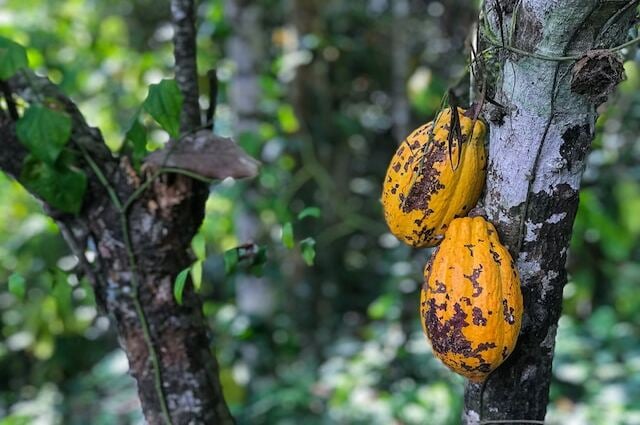
The full scientific name for “cacao” is Theobroma cacao, meaning "food of the gods” in Greek. It's no wonder, cacao has certainly earned this name as the primary ingredient for chocolate. But cacao is more than just a delicious treat — cacao production in the Amazon is currently being encouraged as a replacement for cattle farming for local farmers. Unlike cattle ranching, cacao trees protect the nutrients in the soil.
Ensure species like these keep protecting RAINFORESTS by donating to conservation efforts today.
